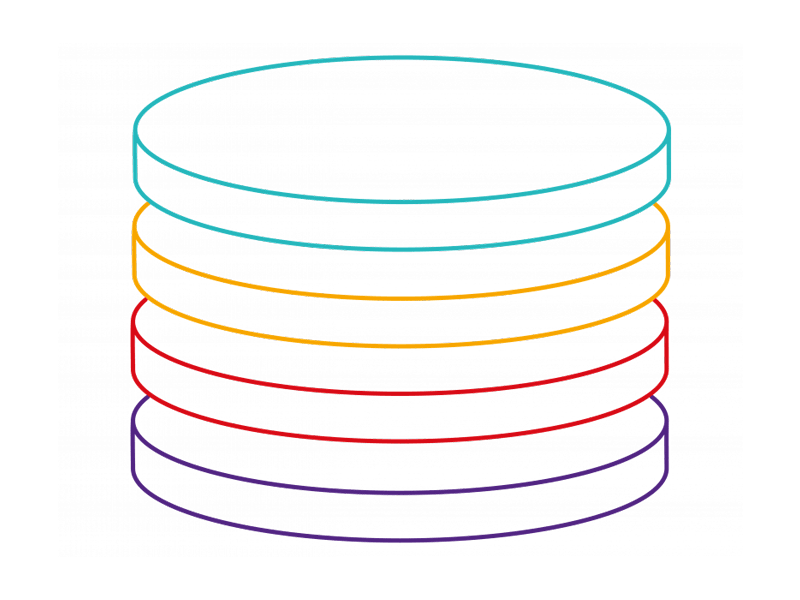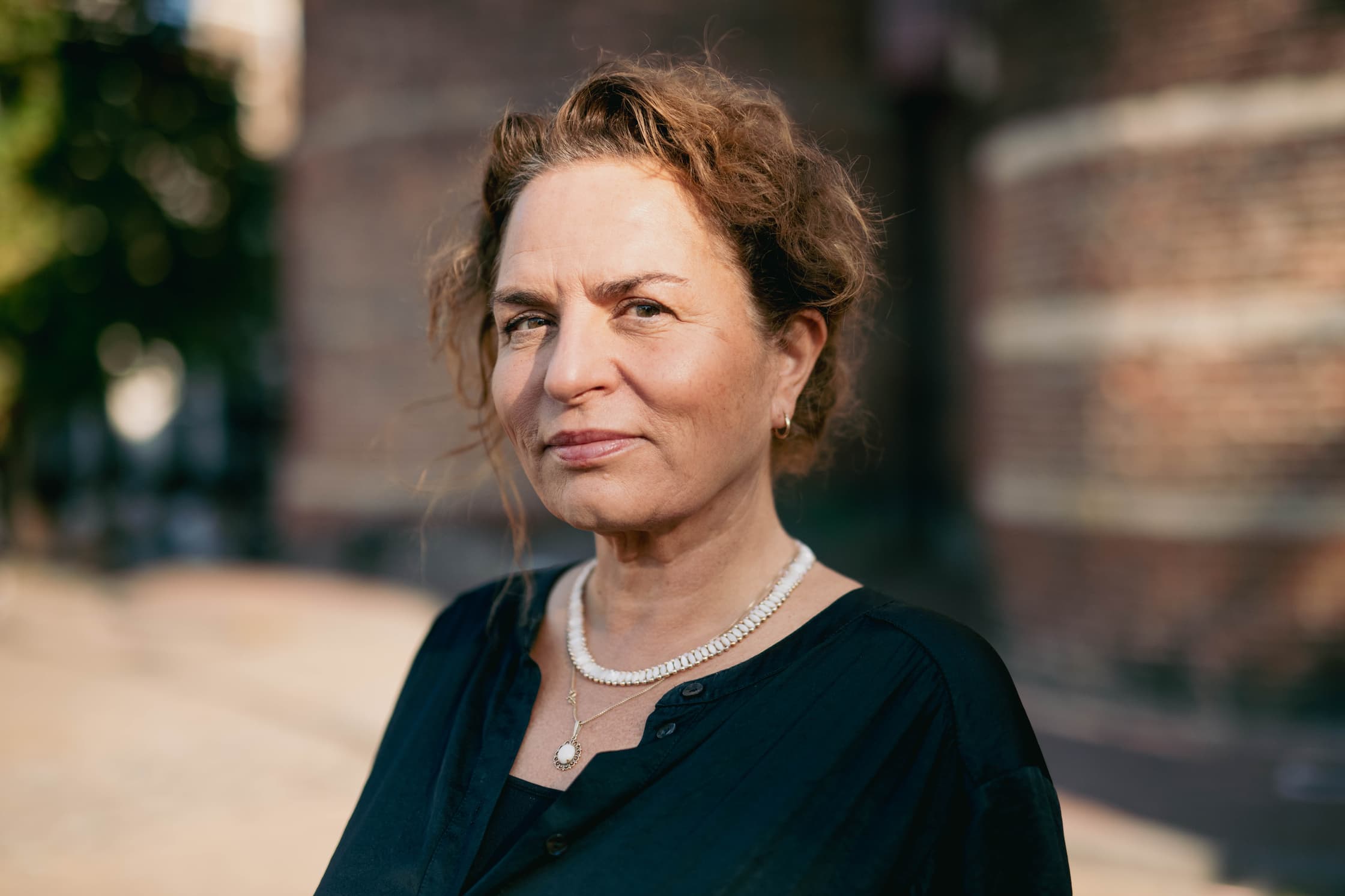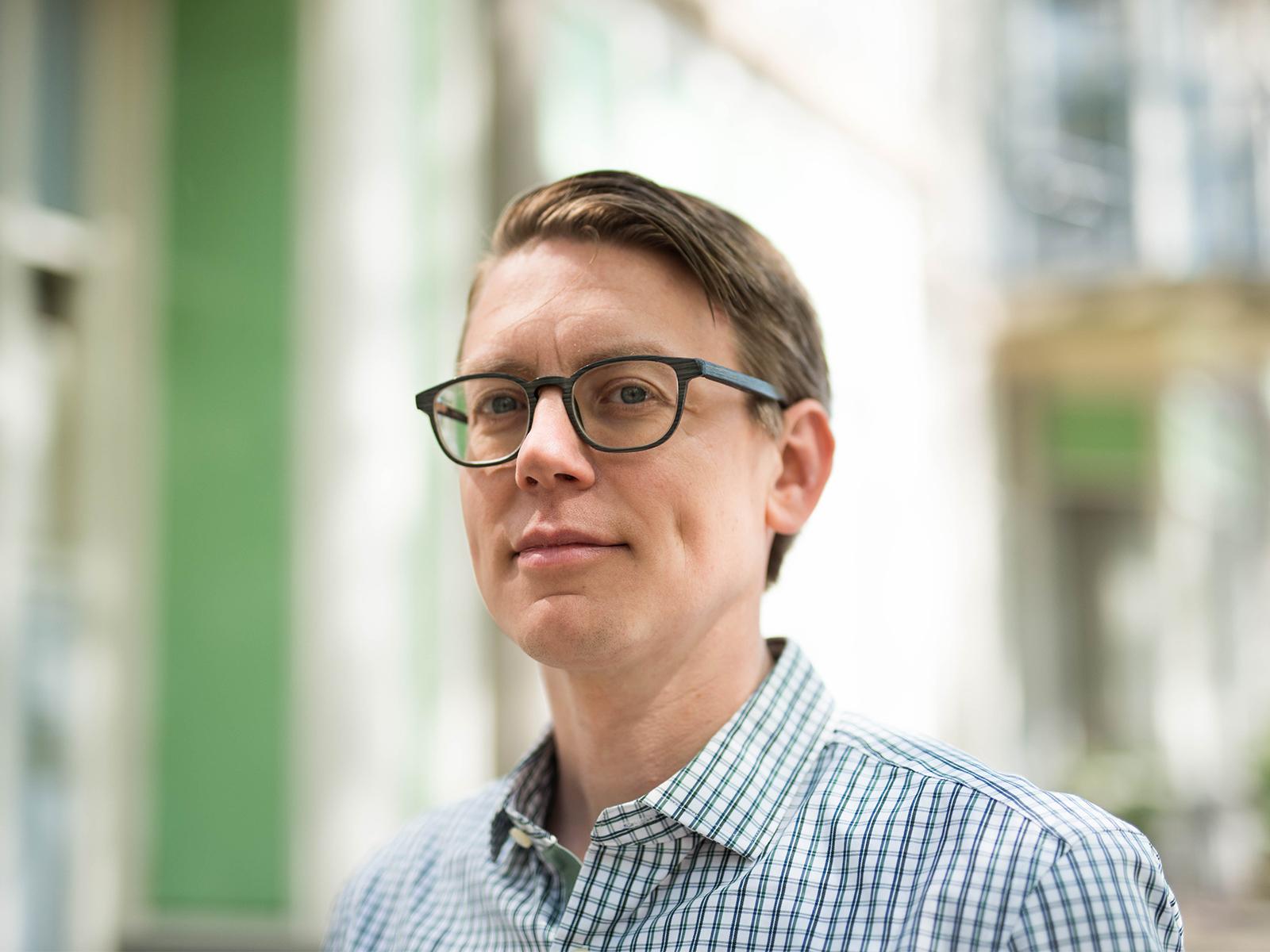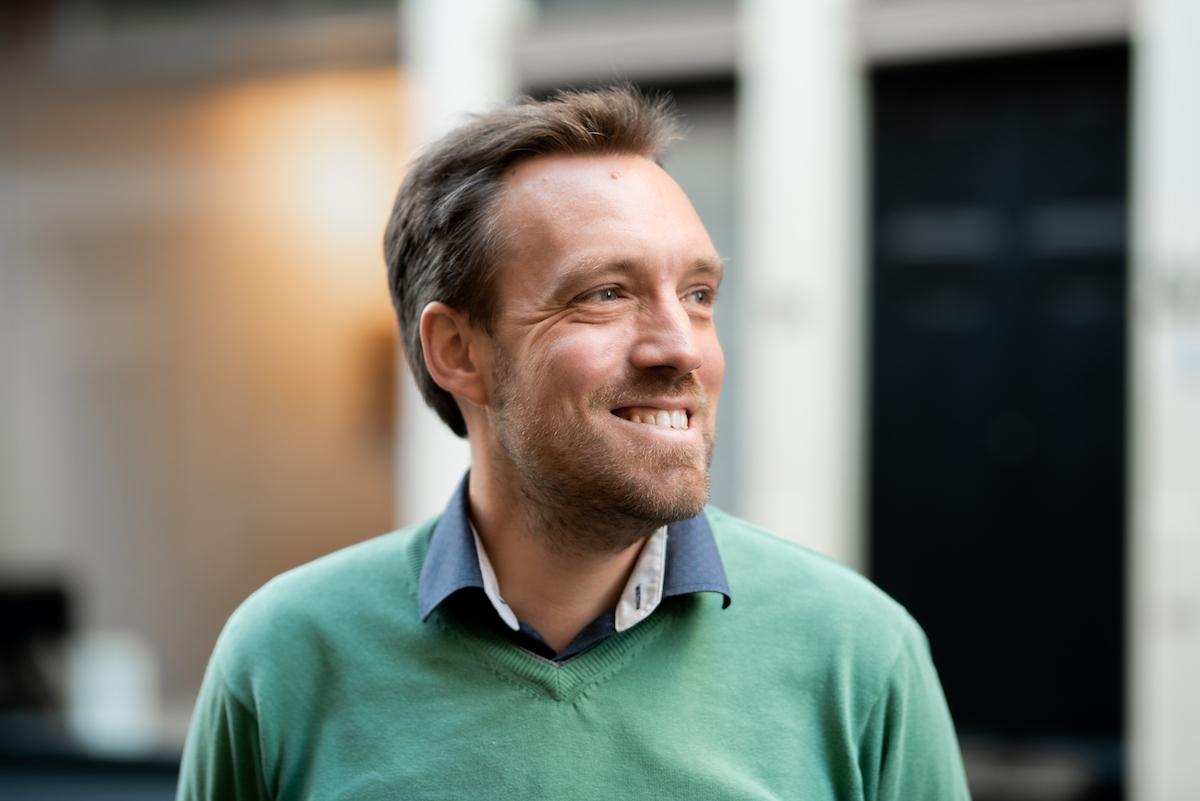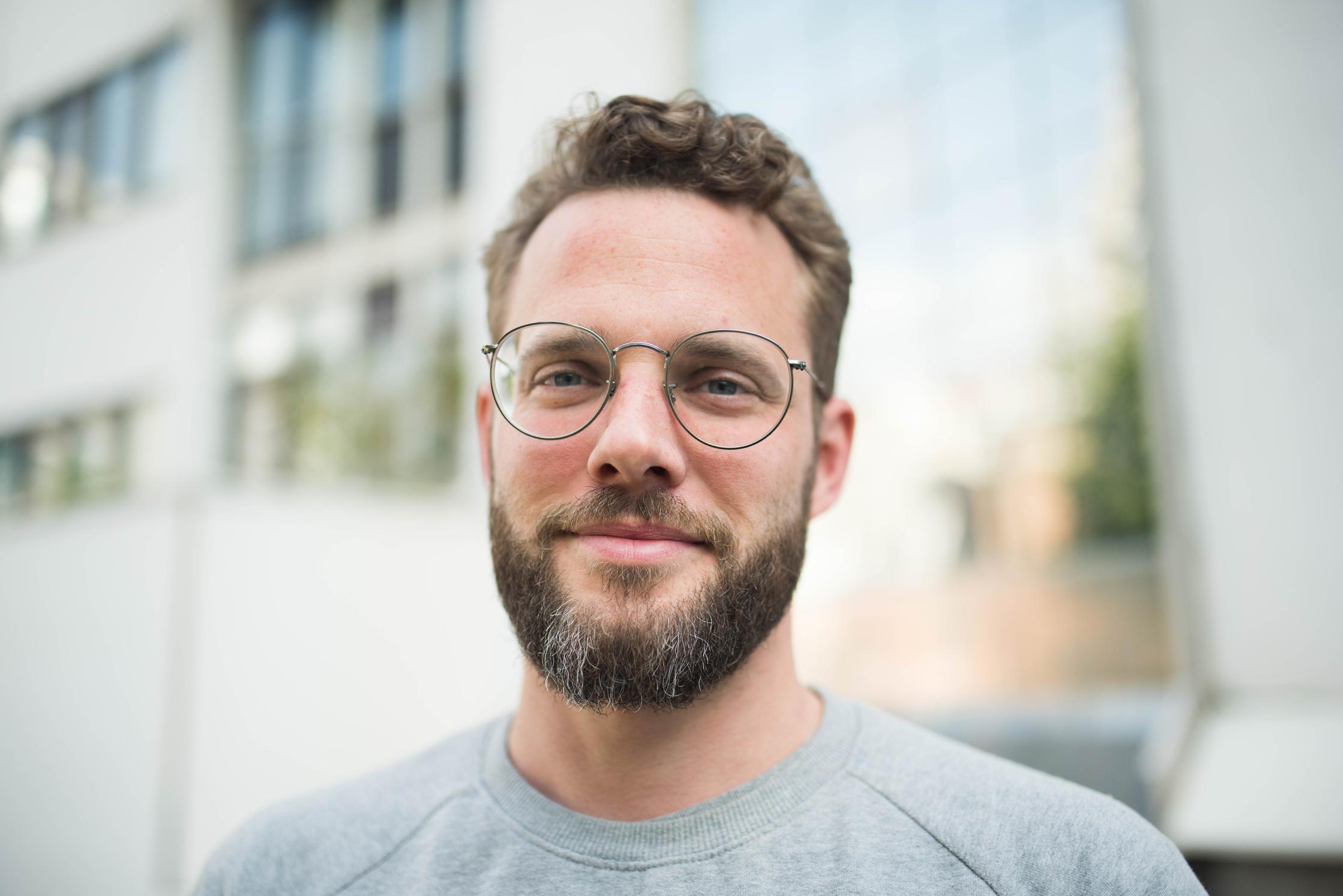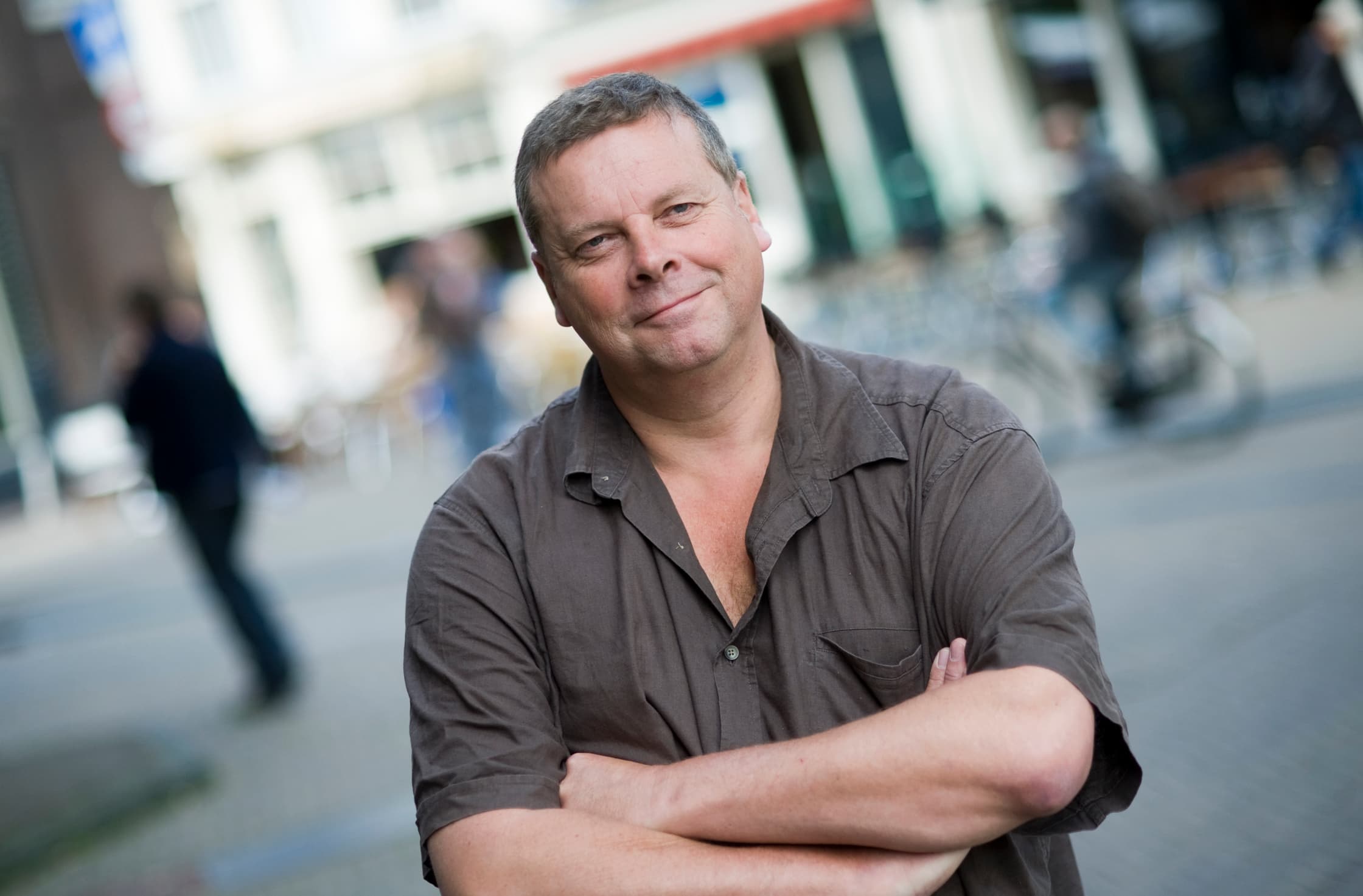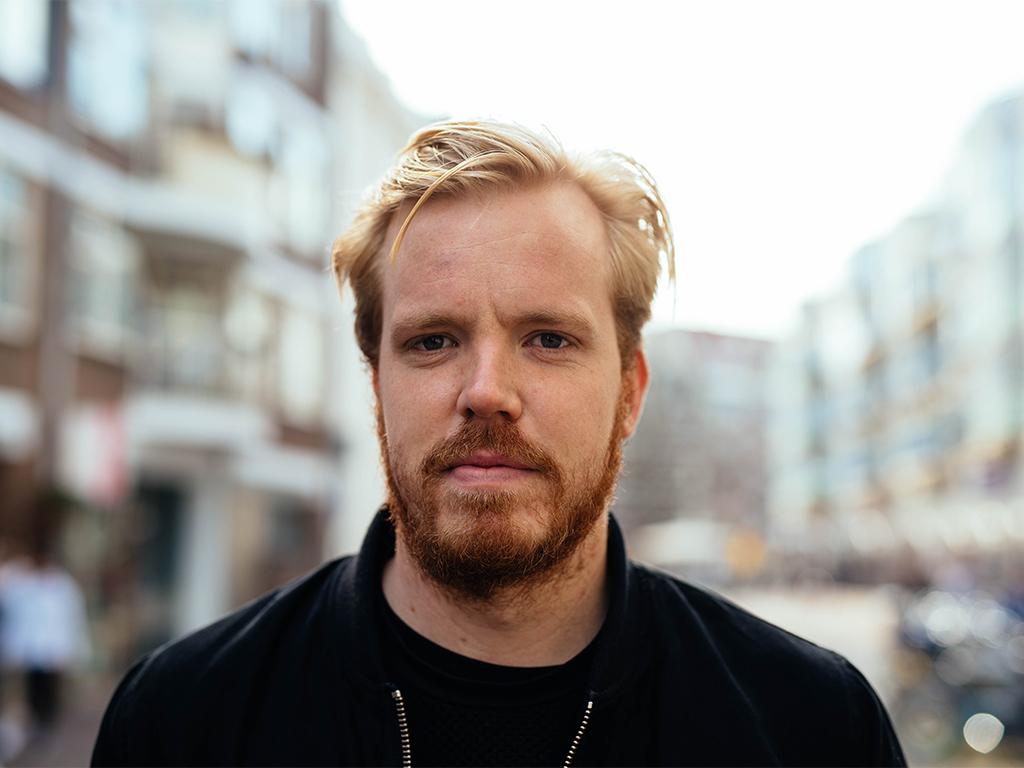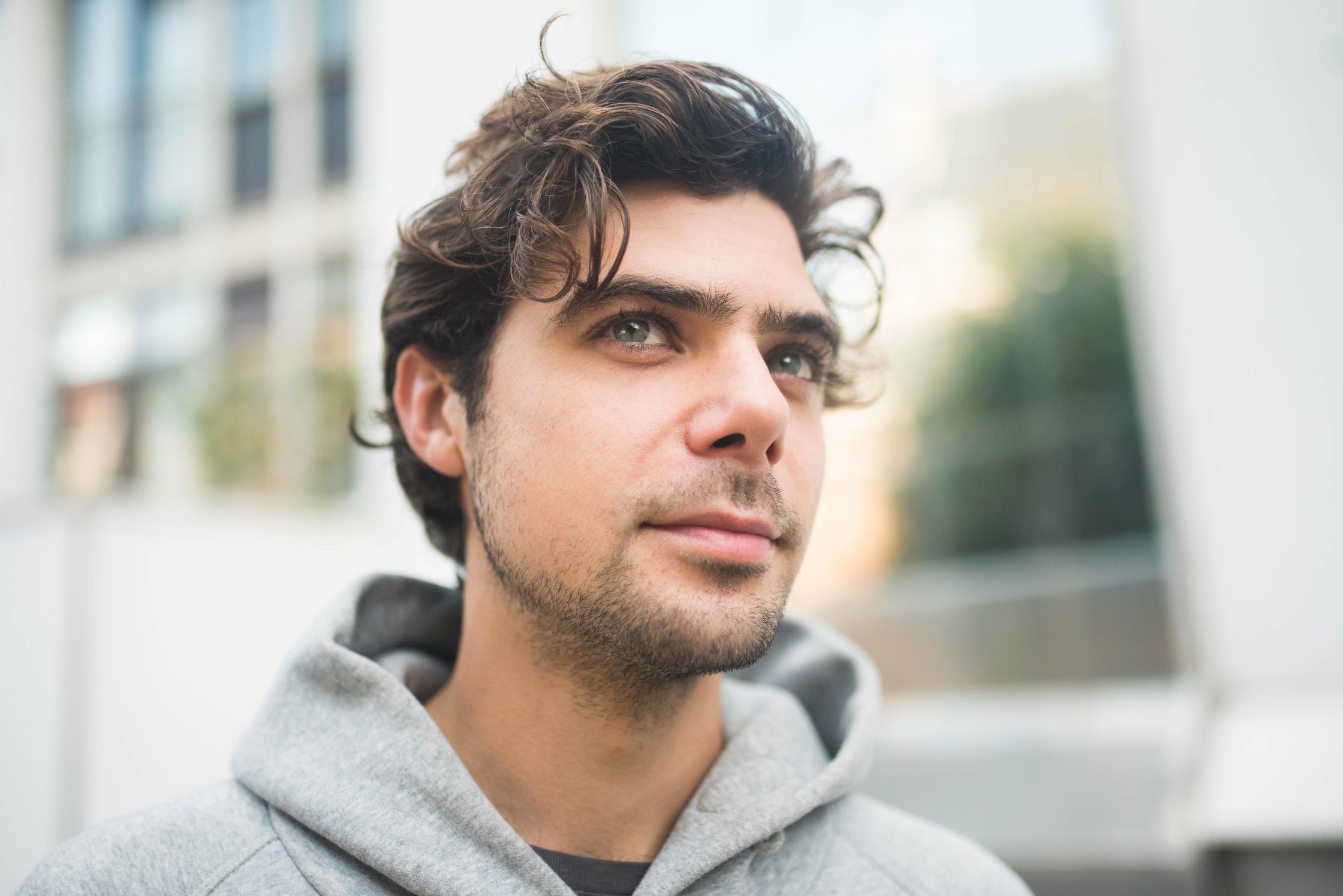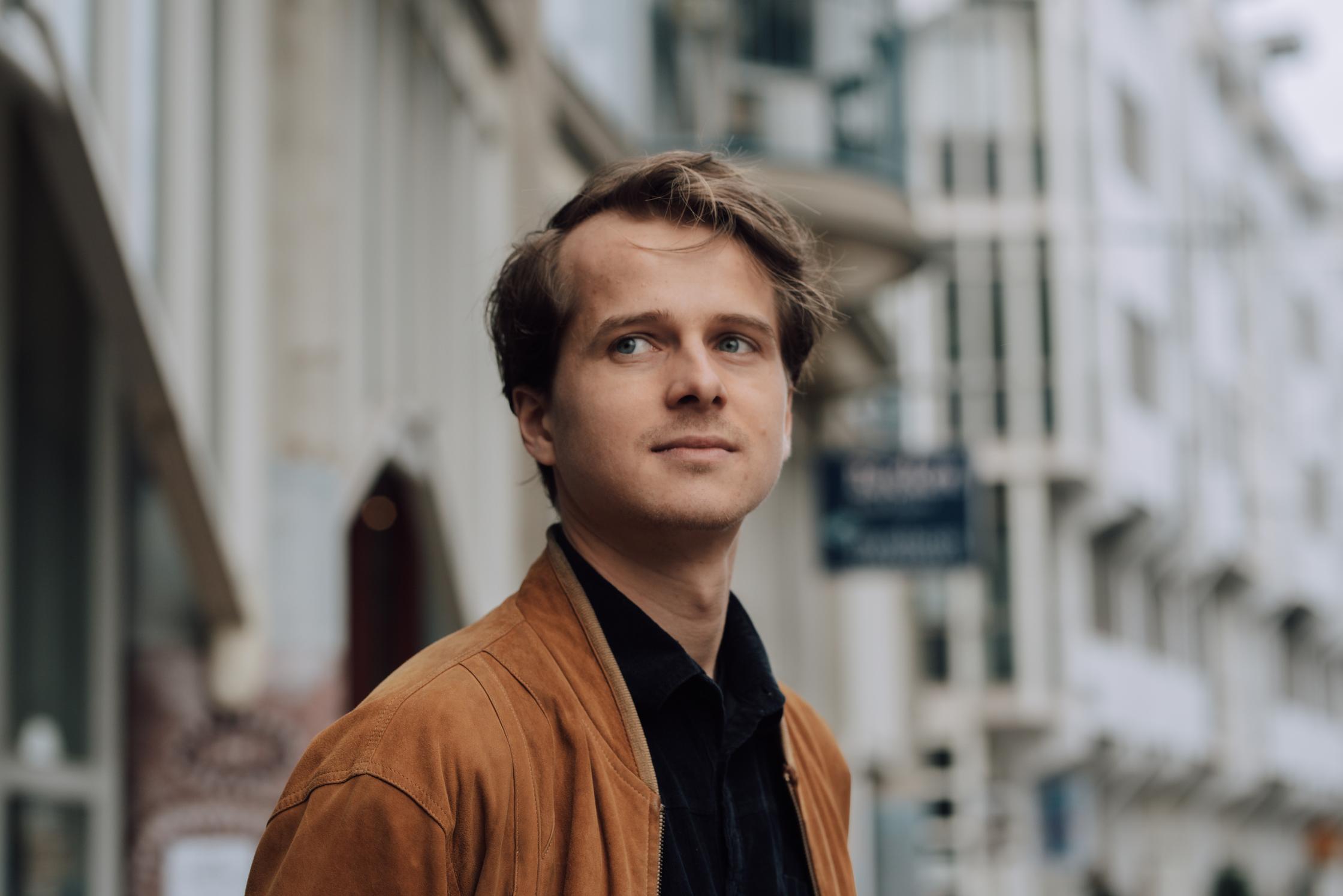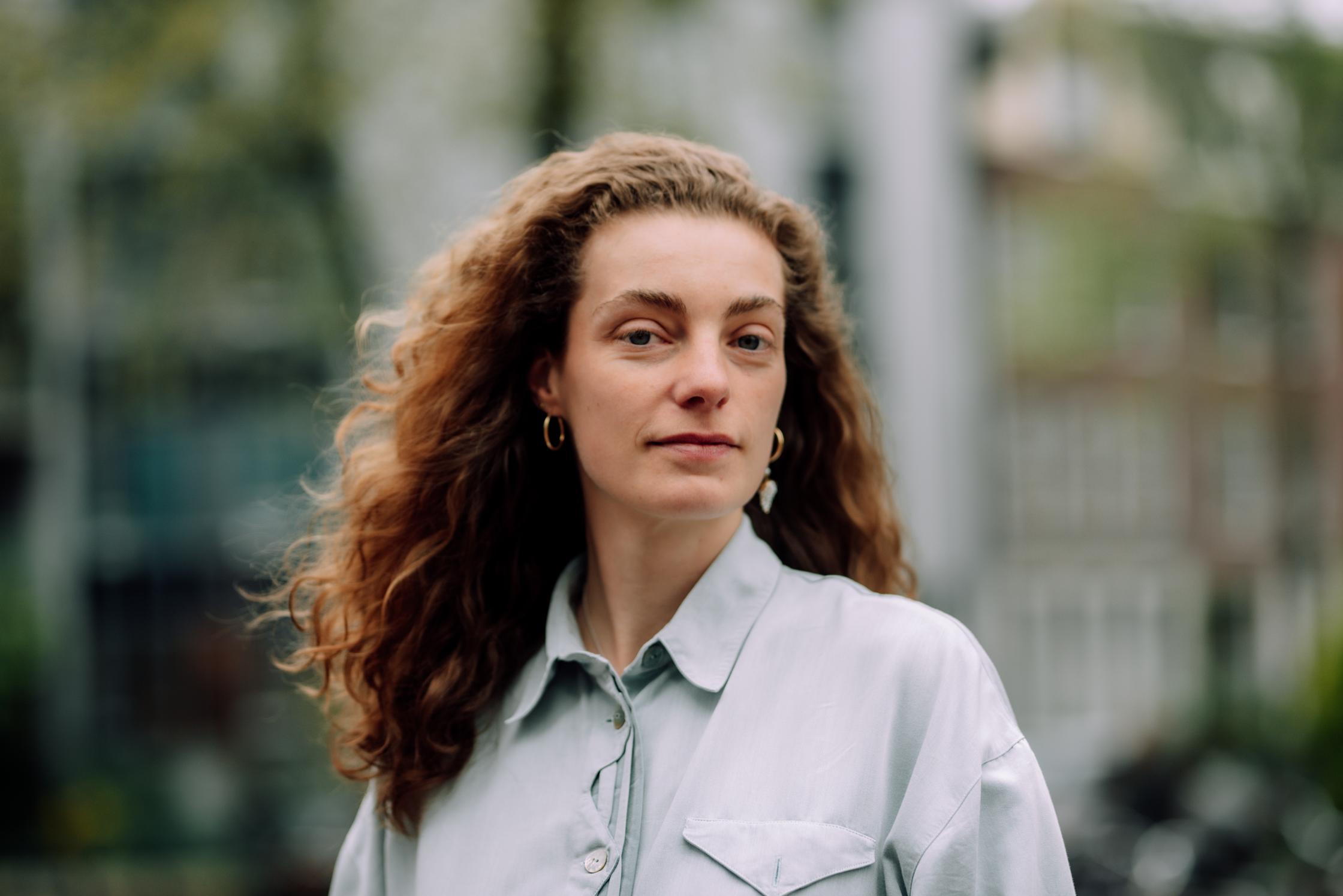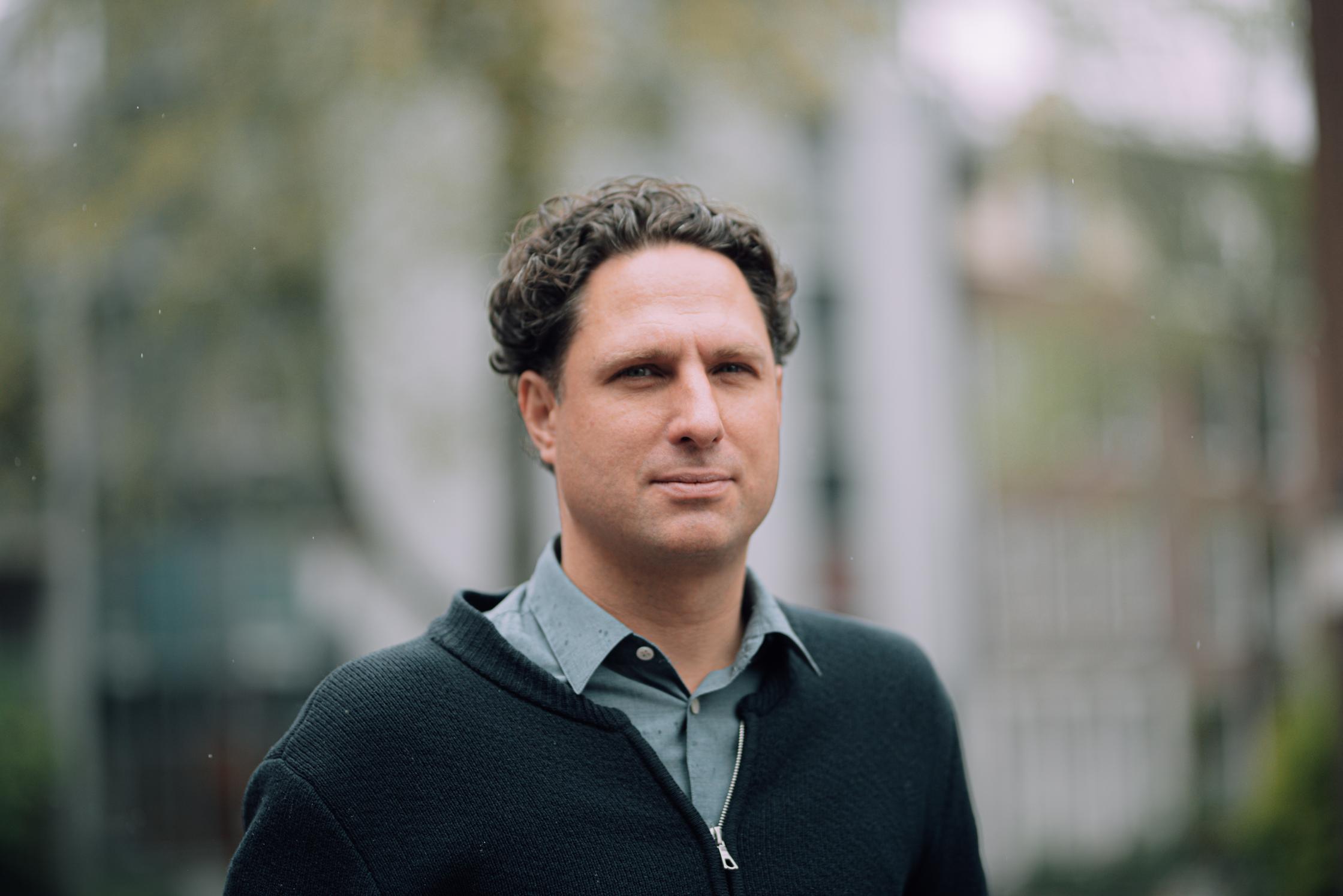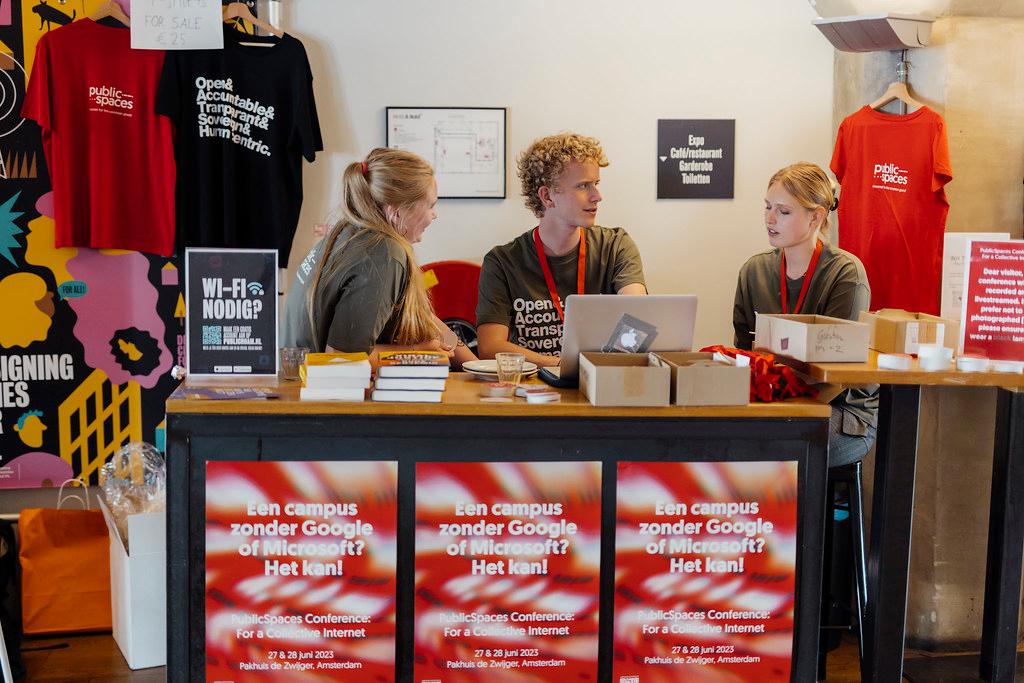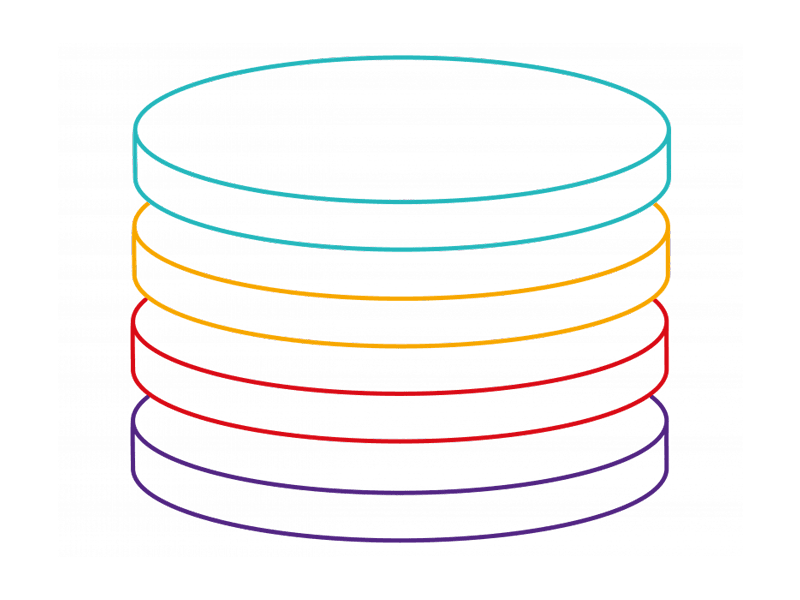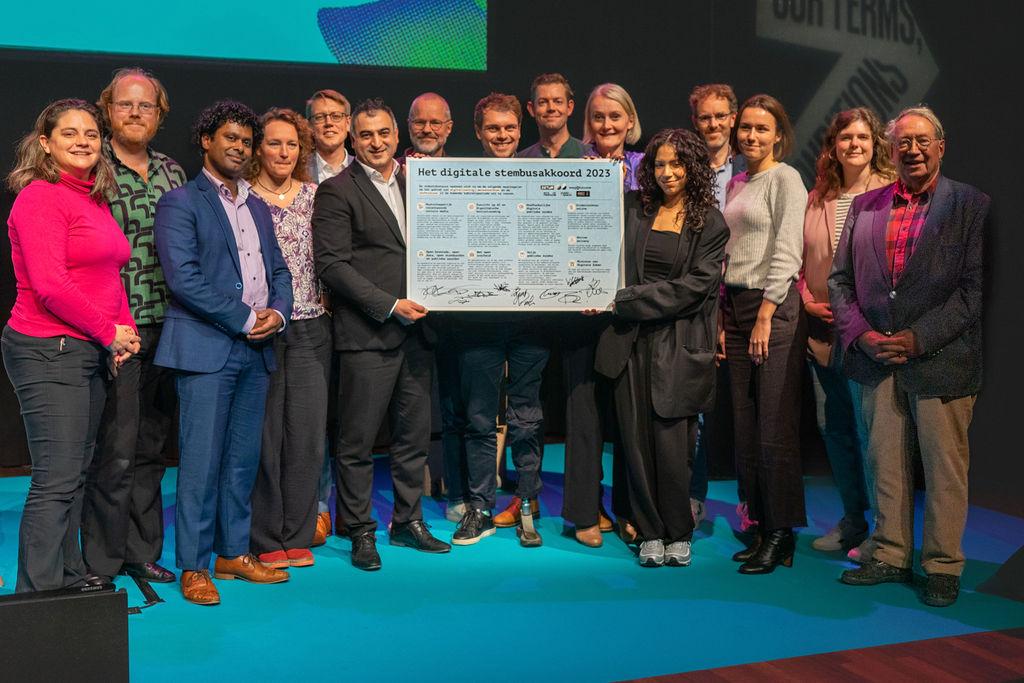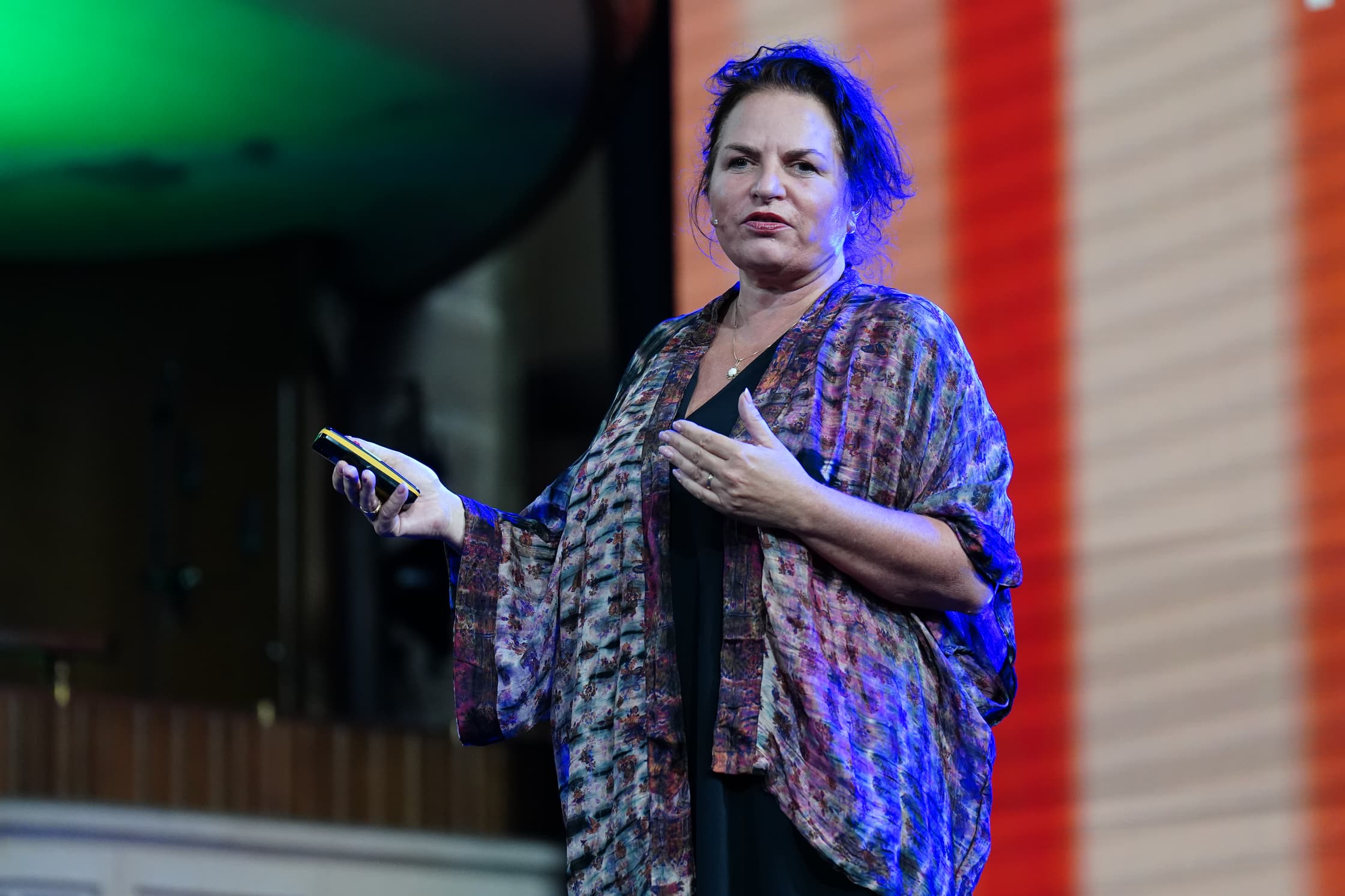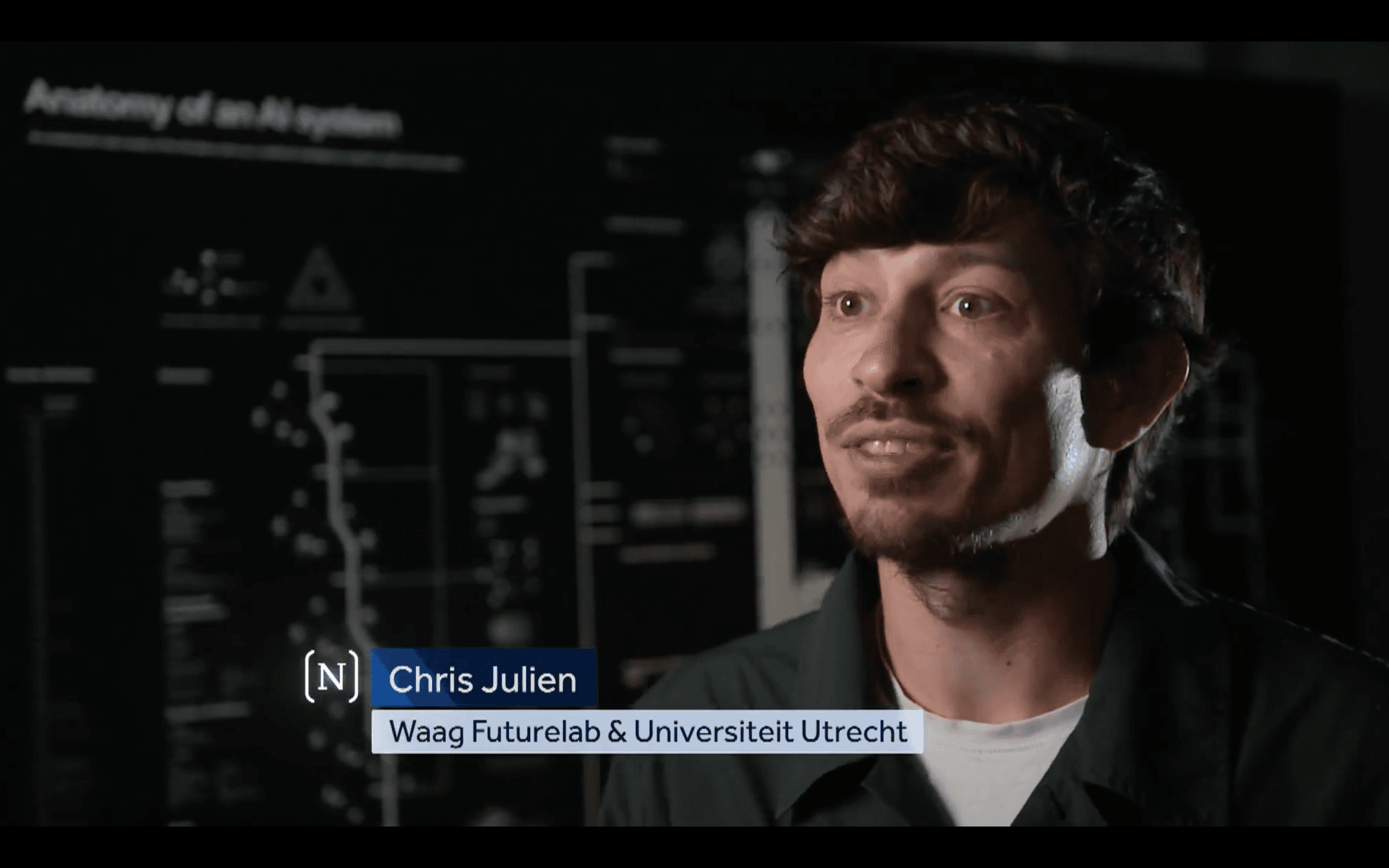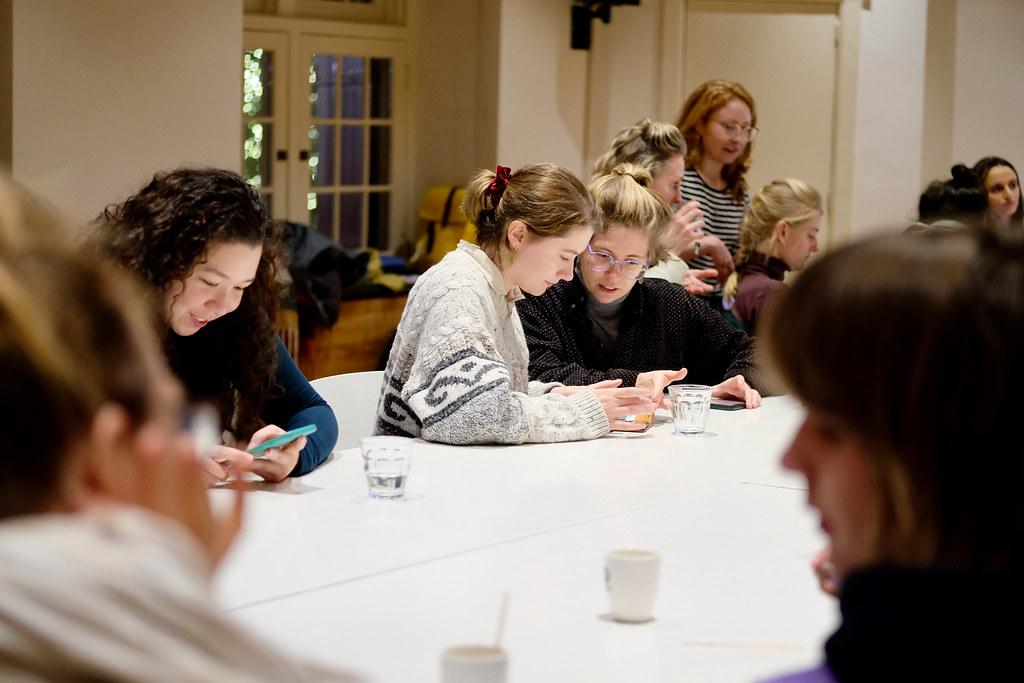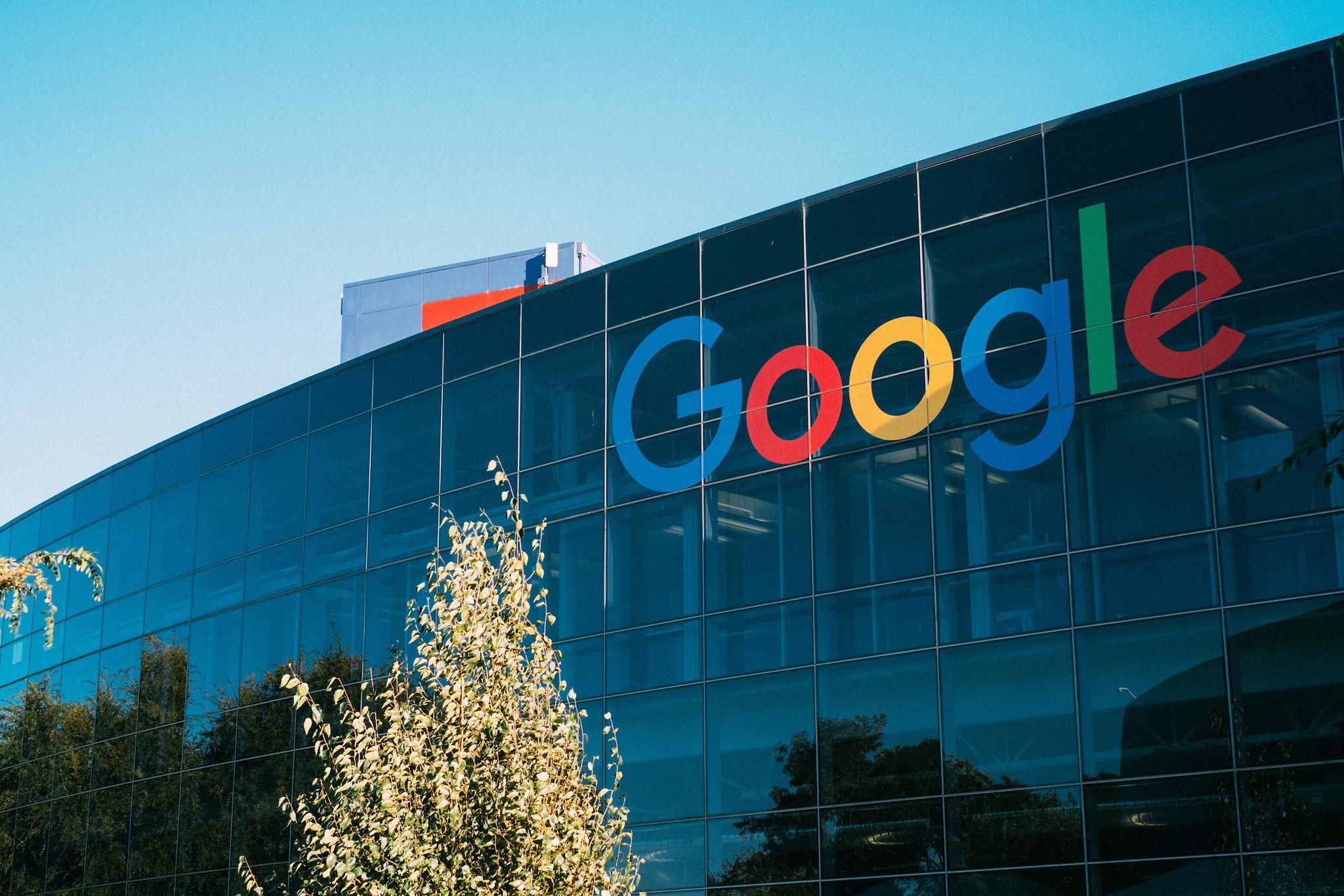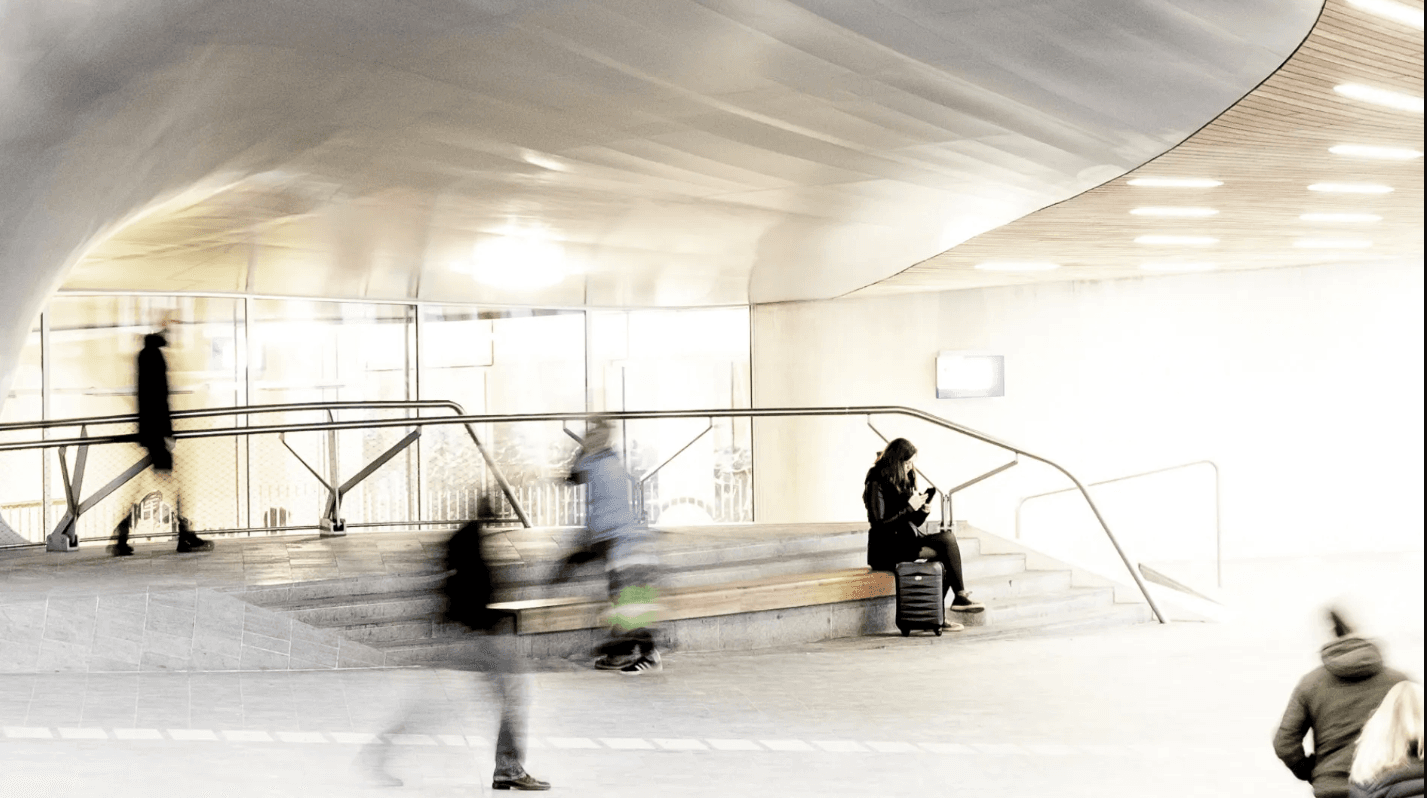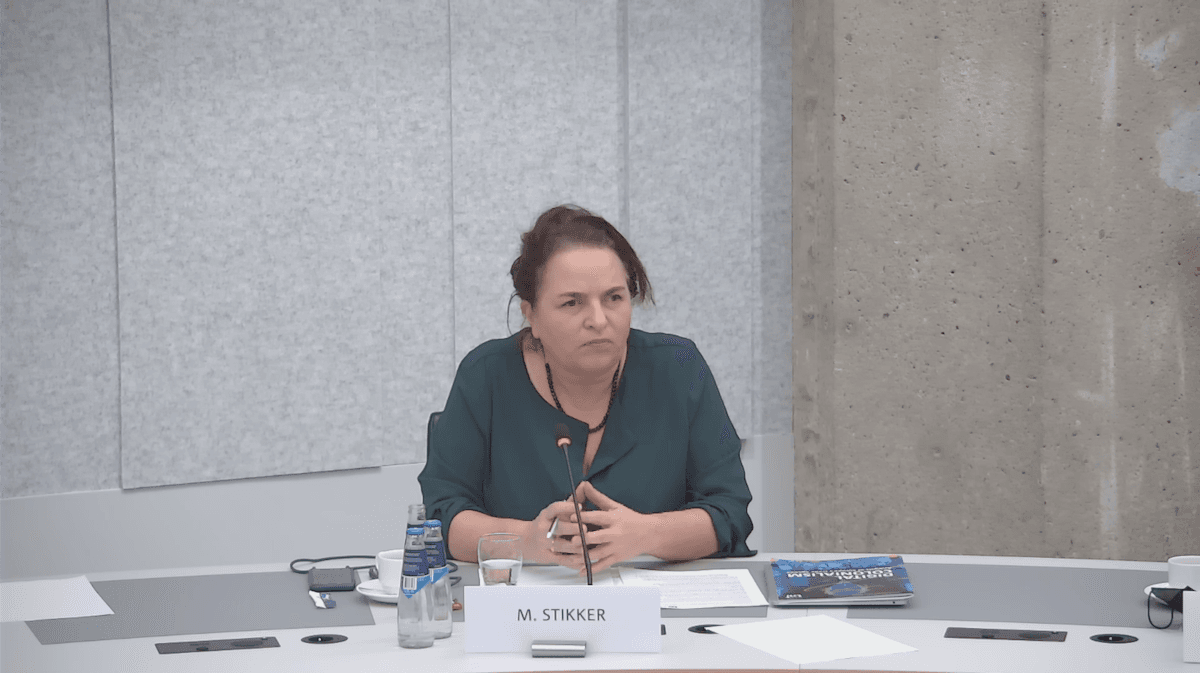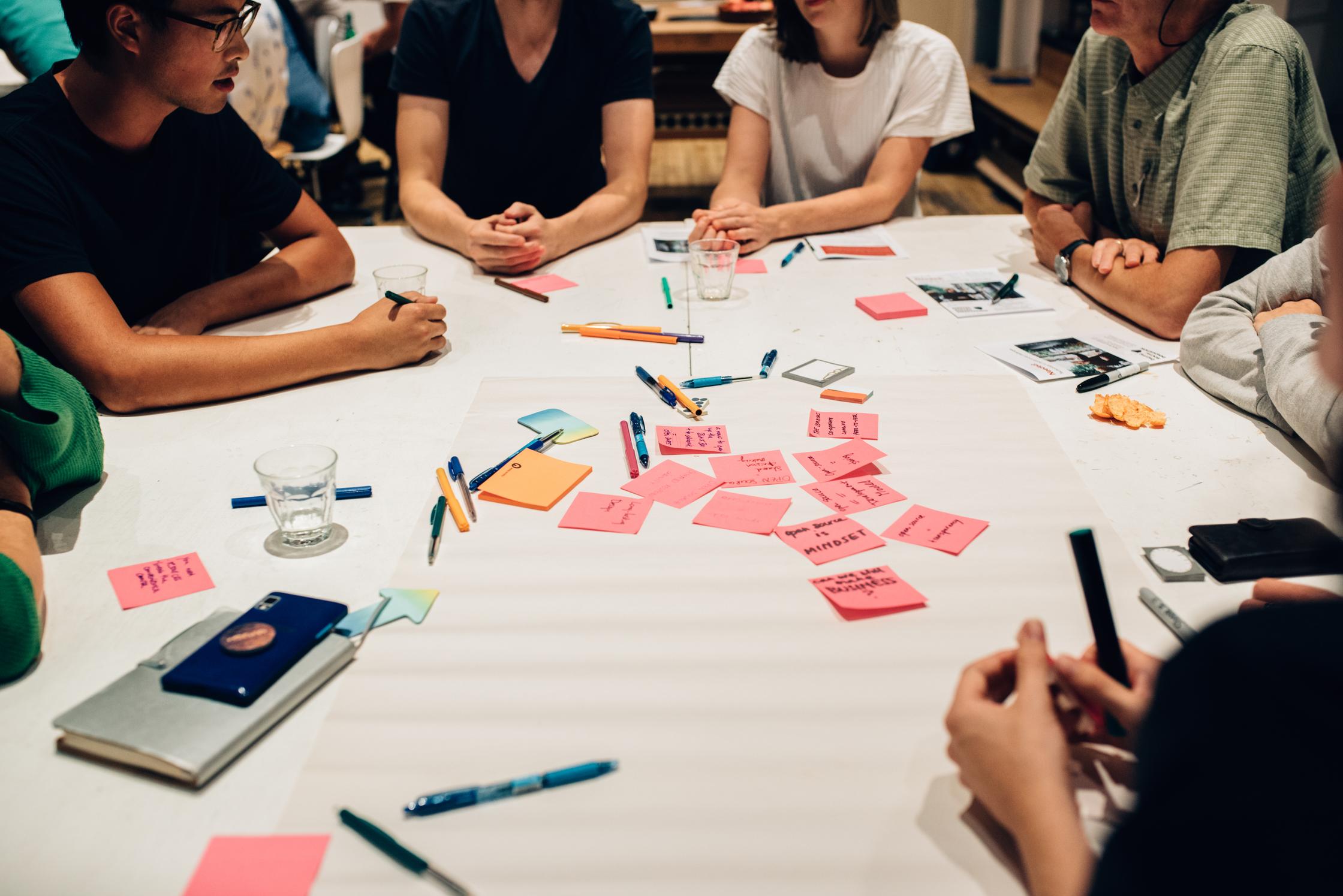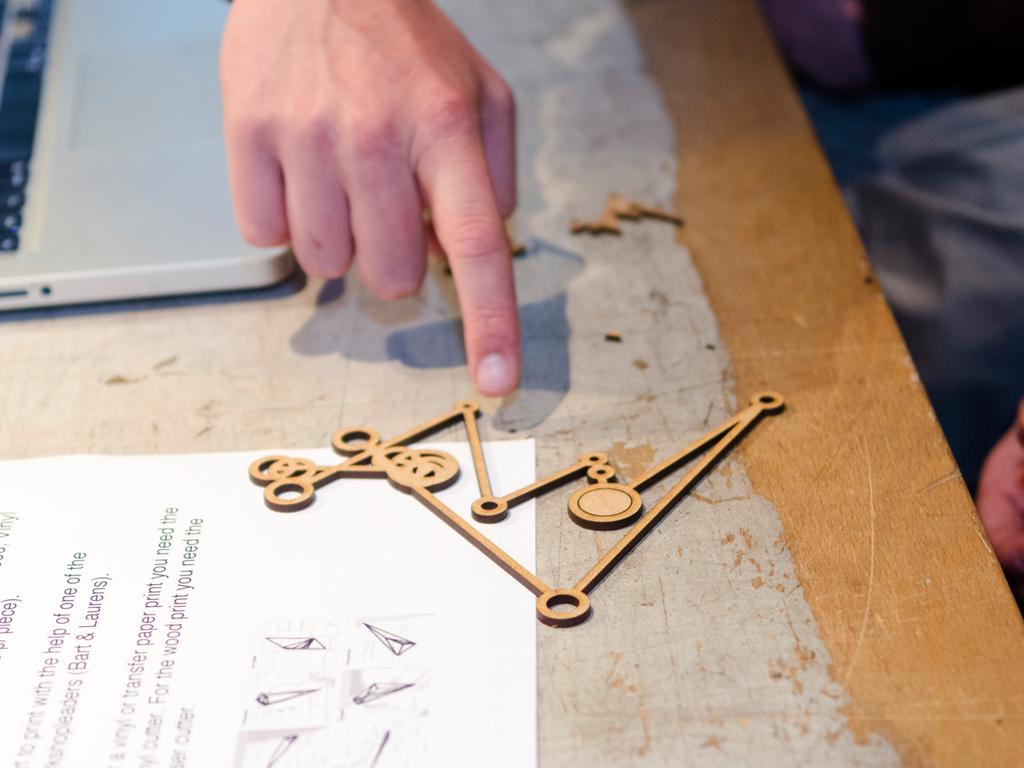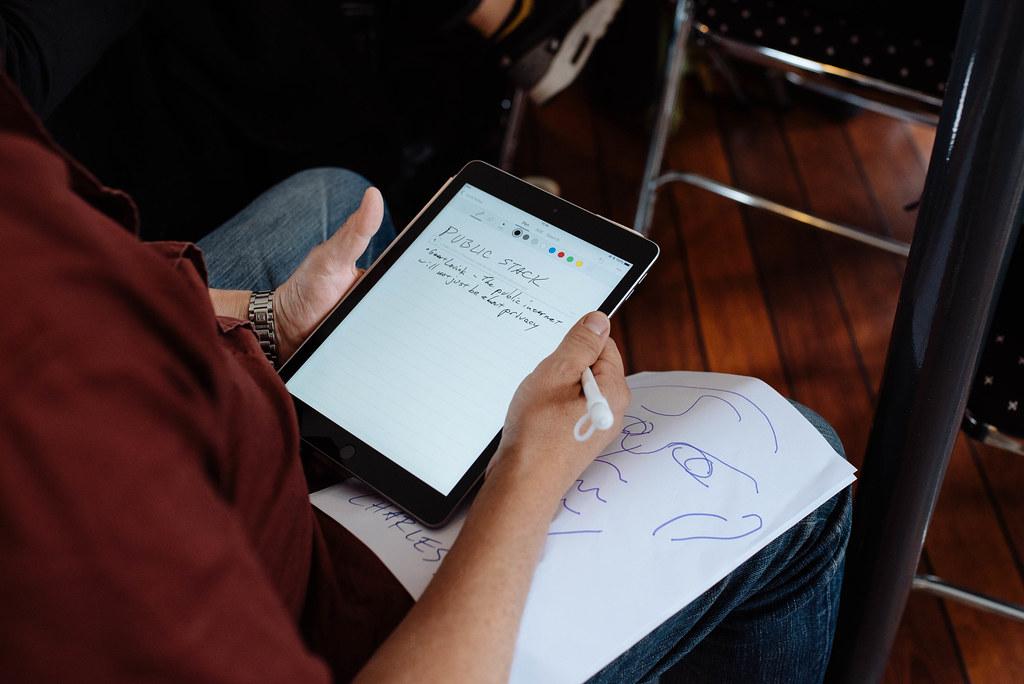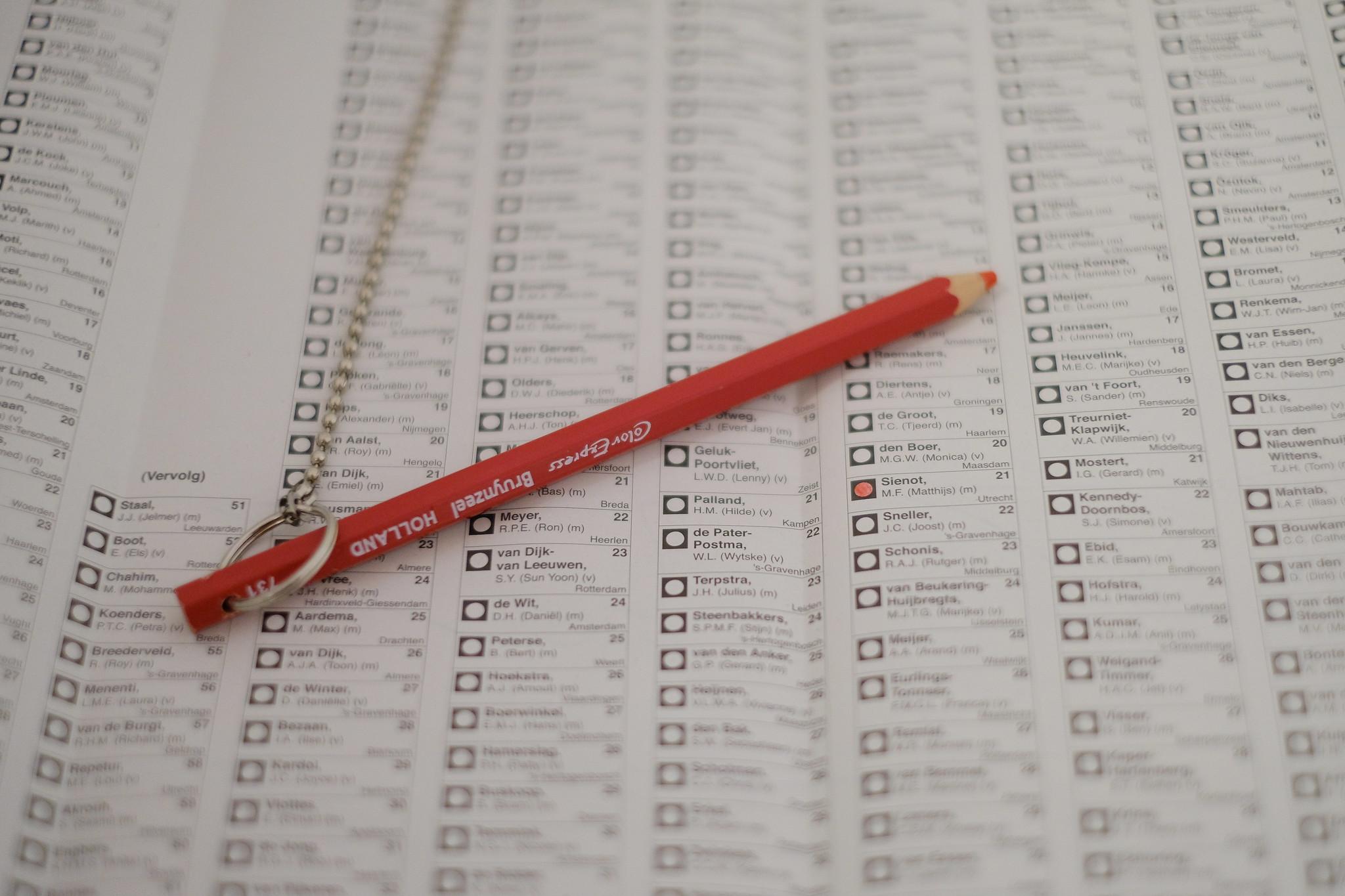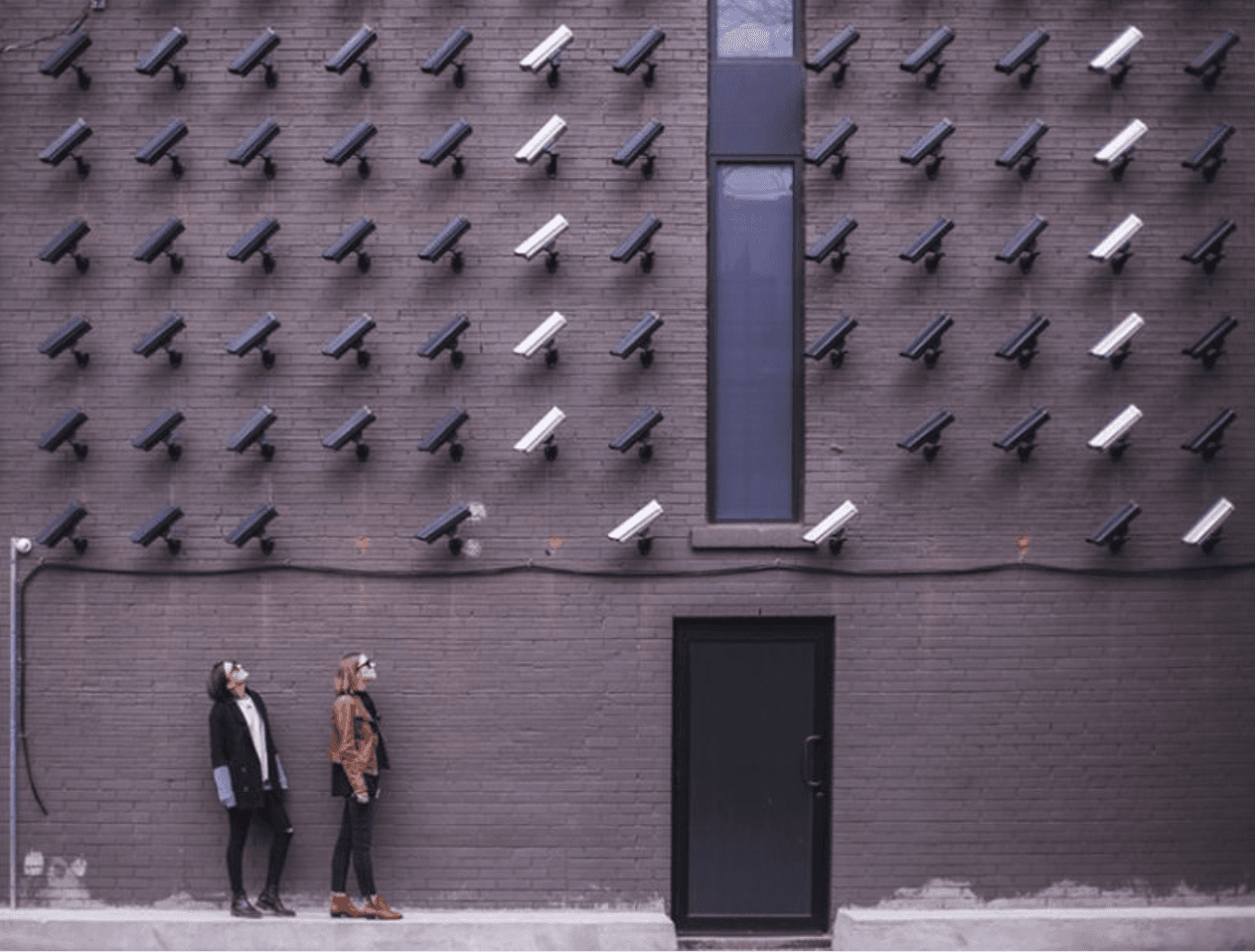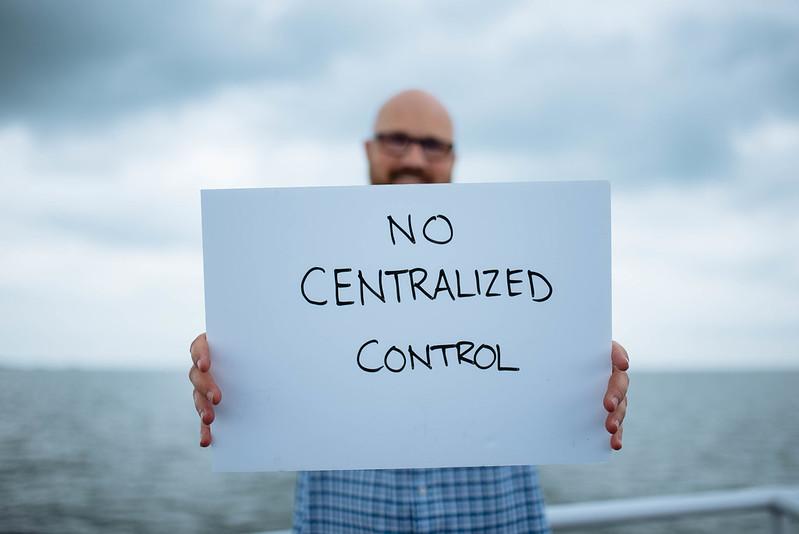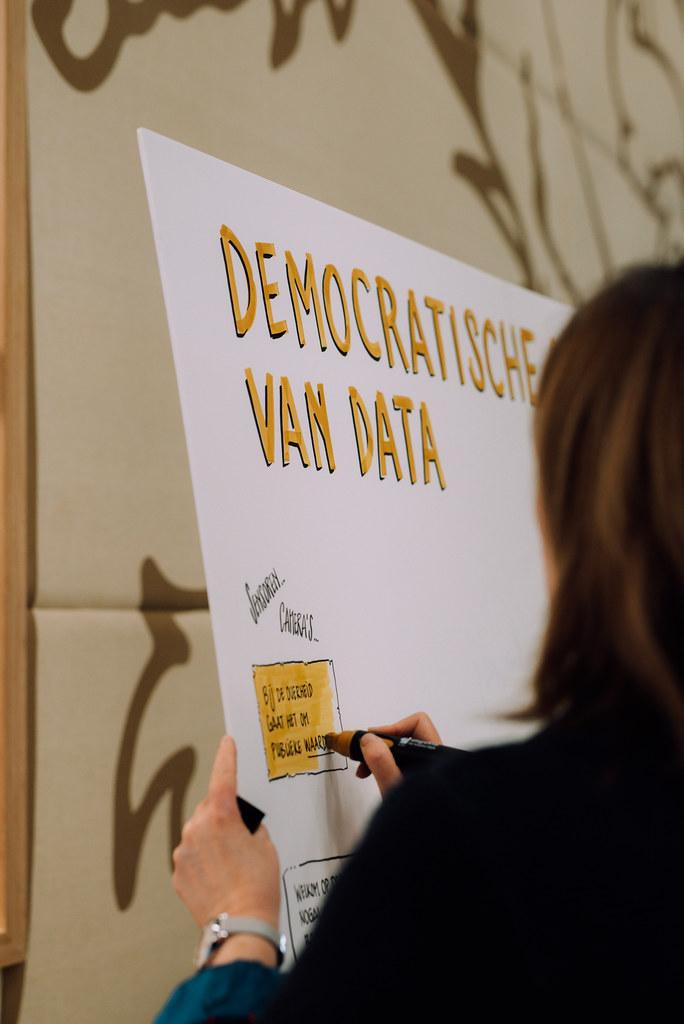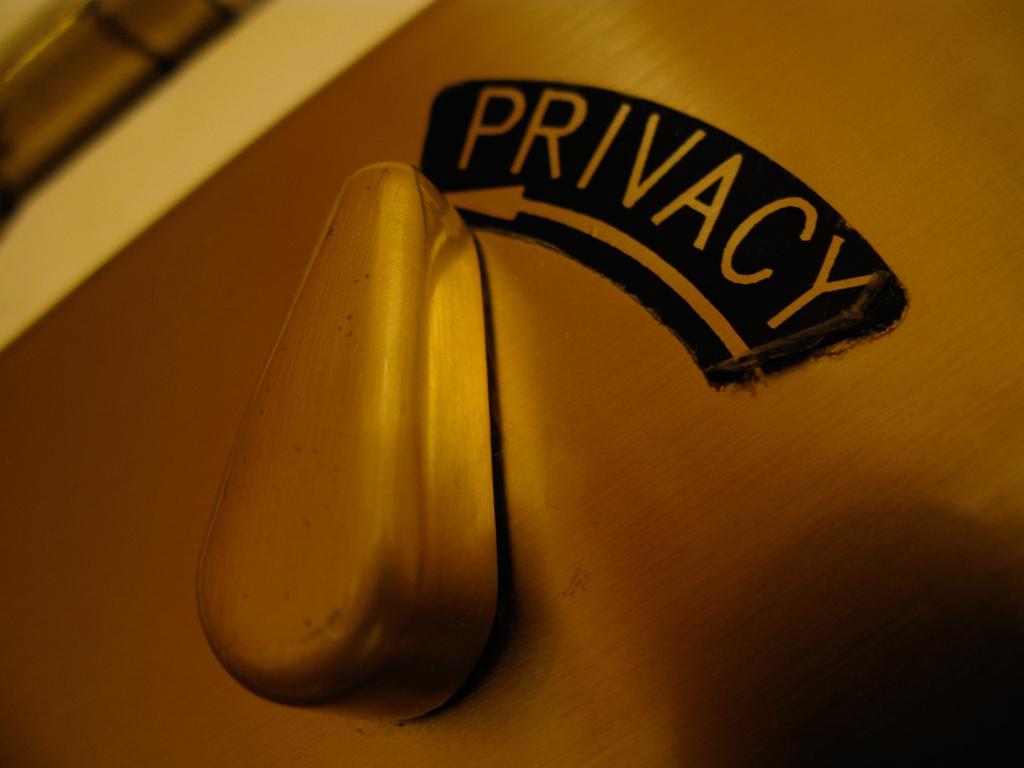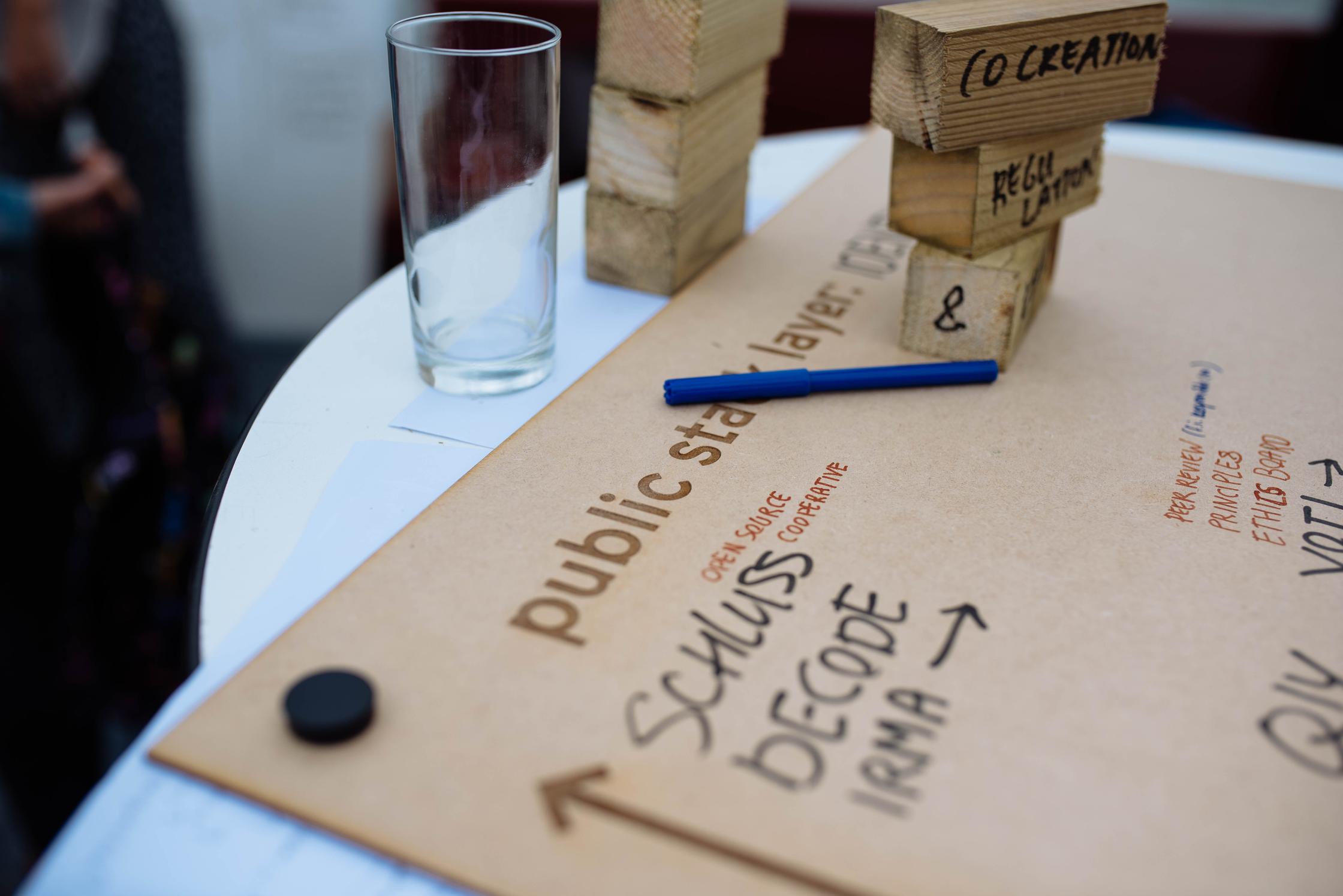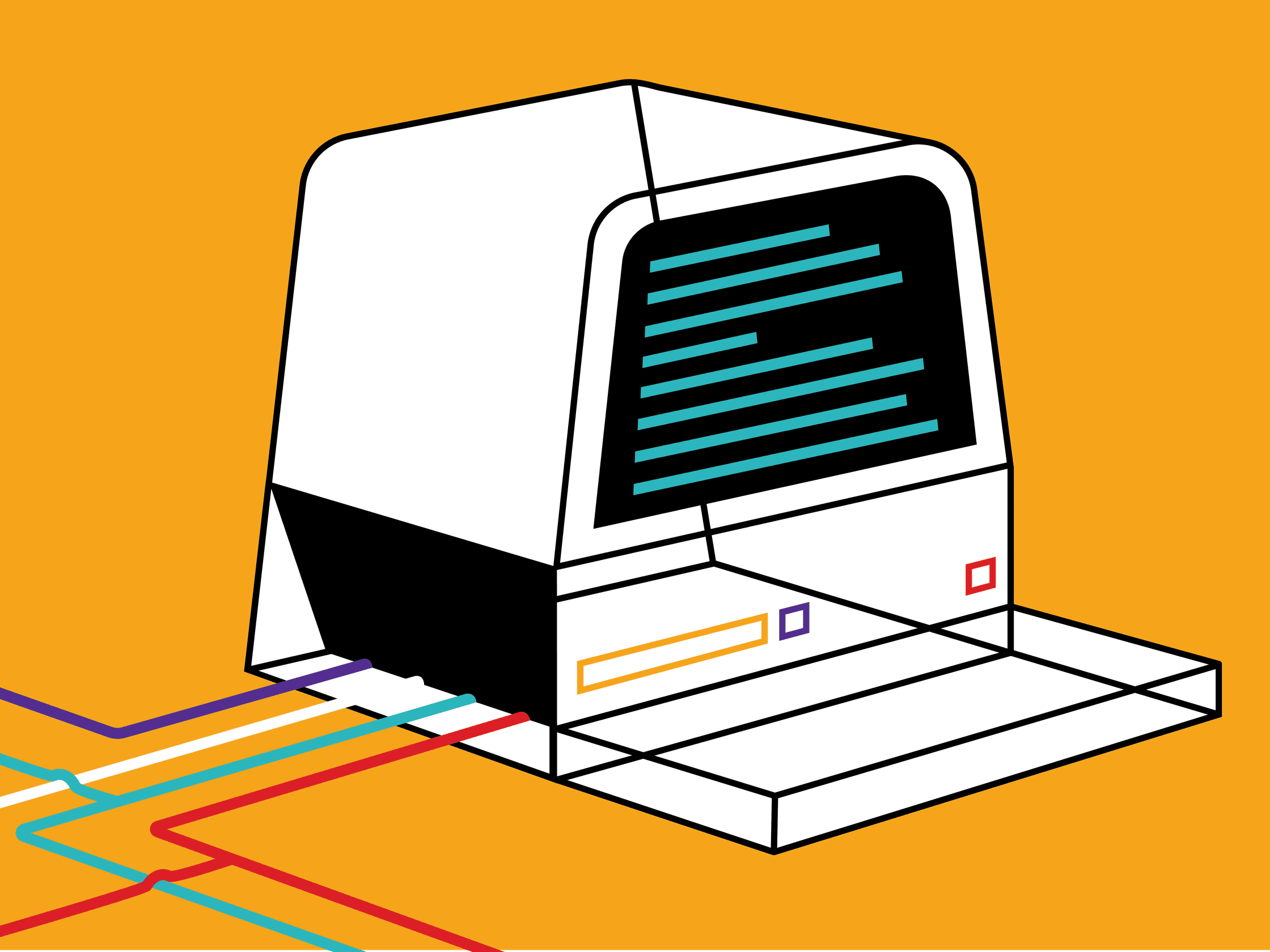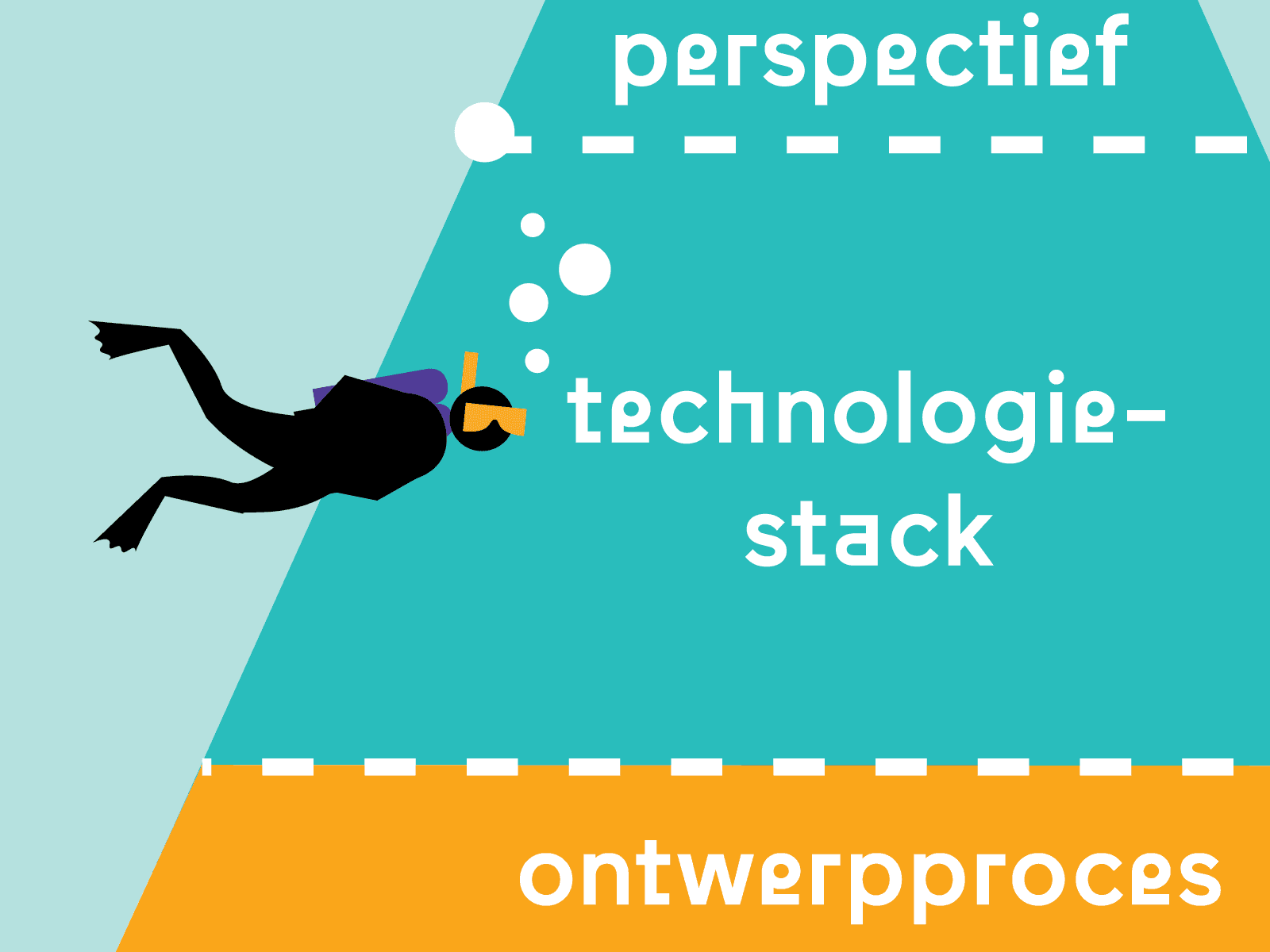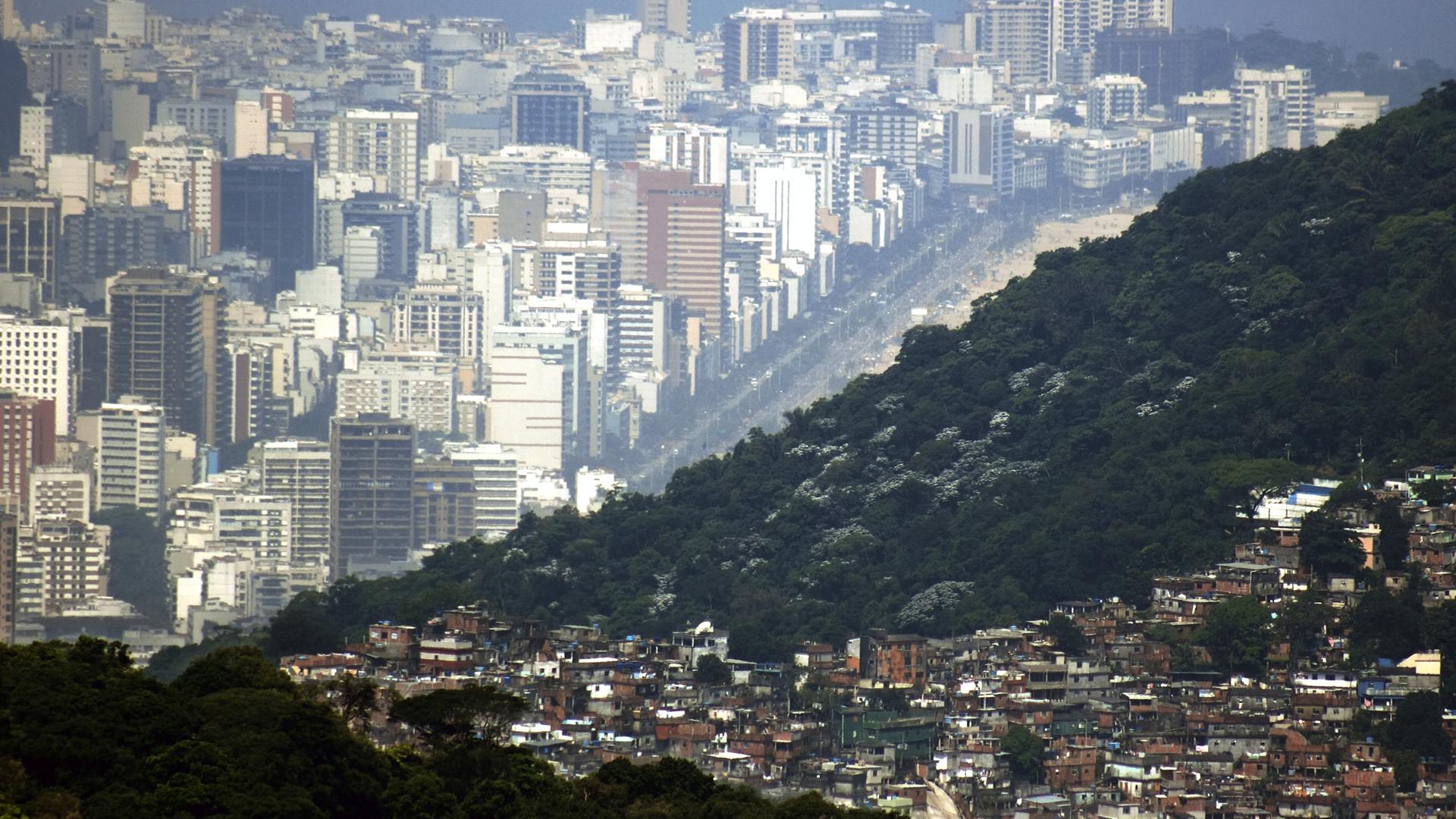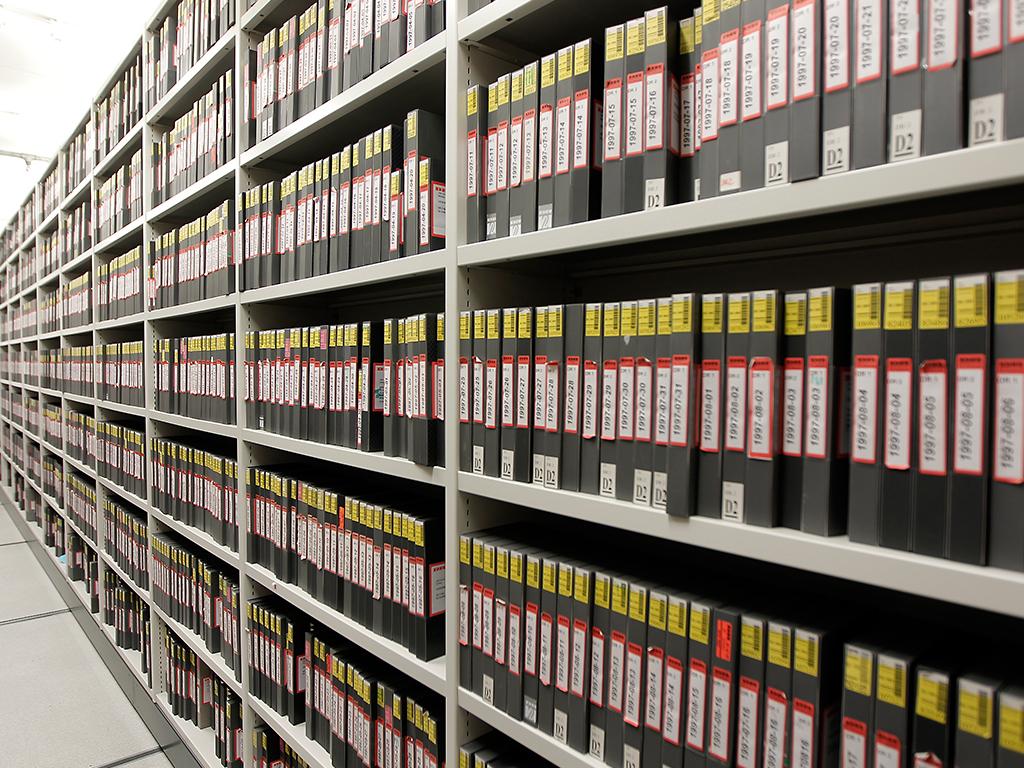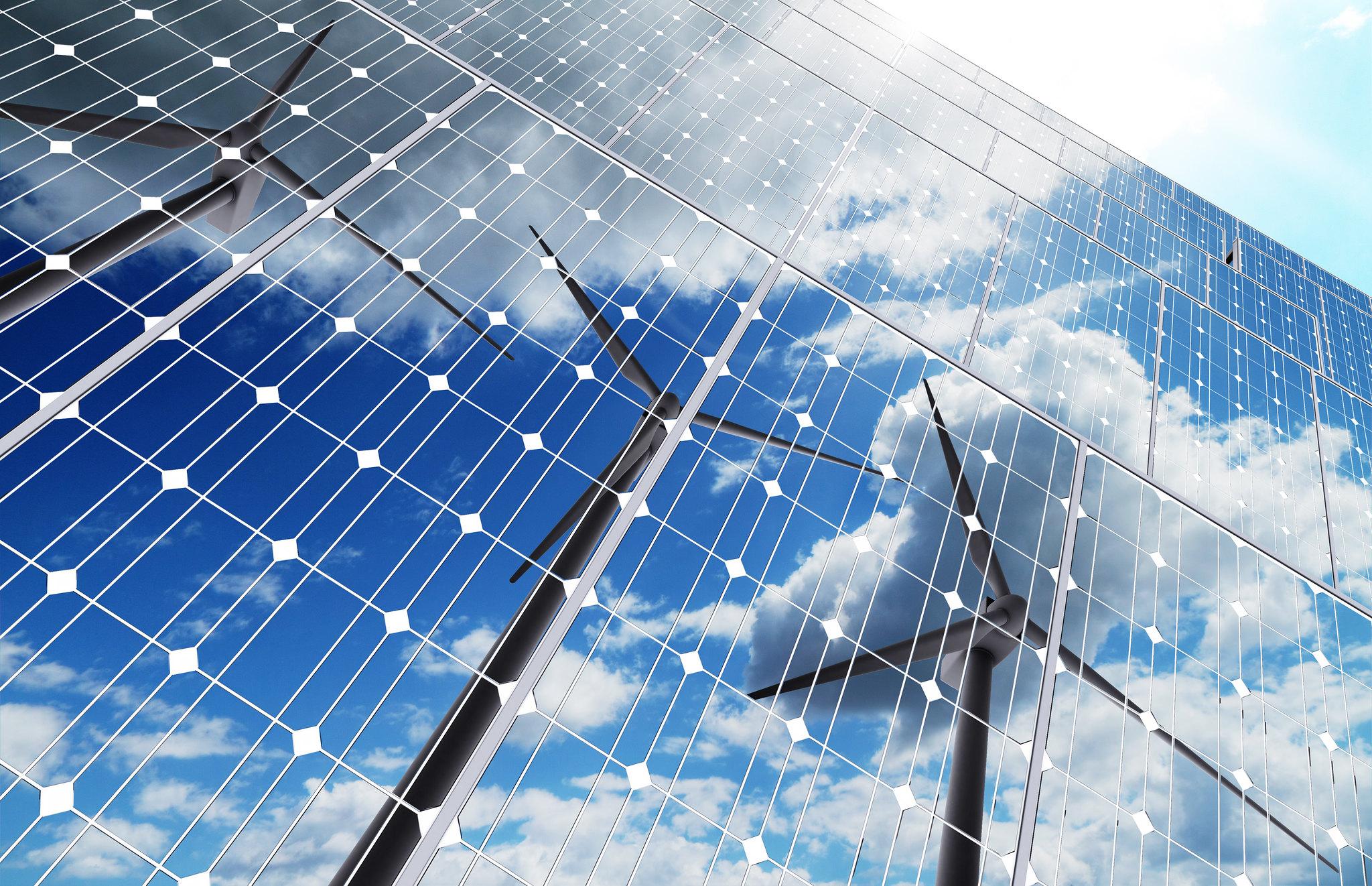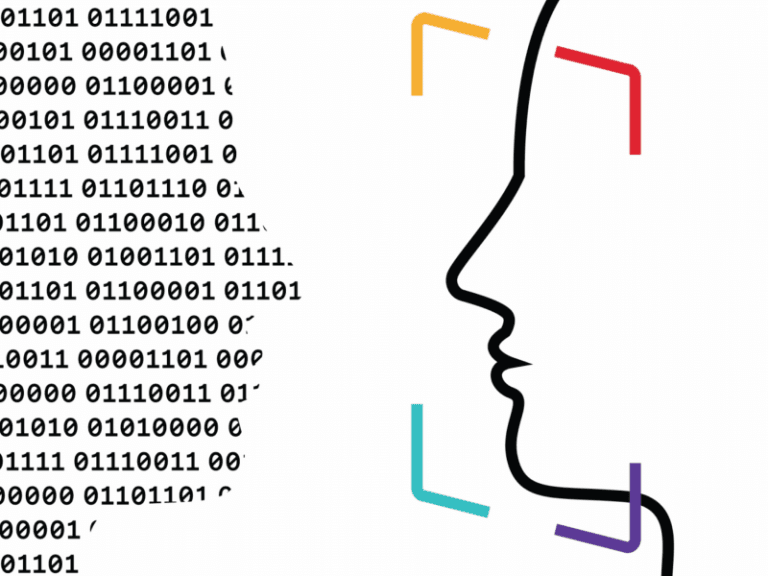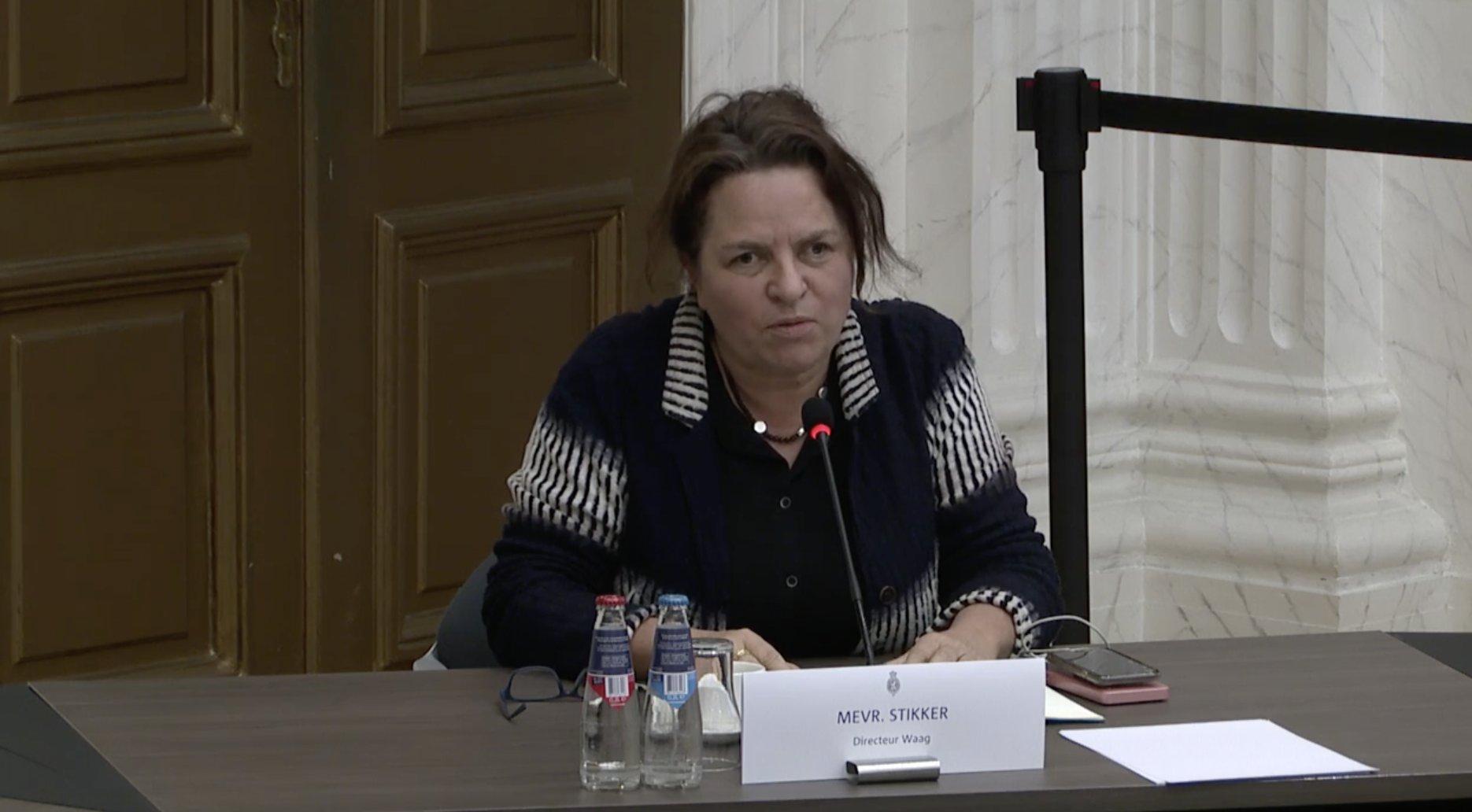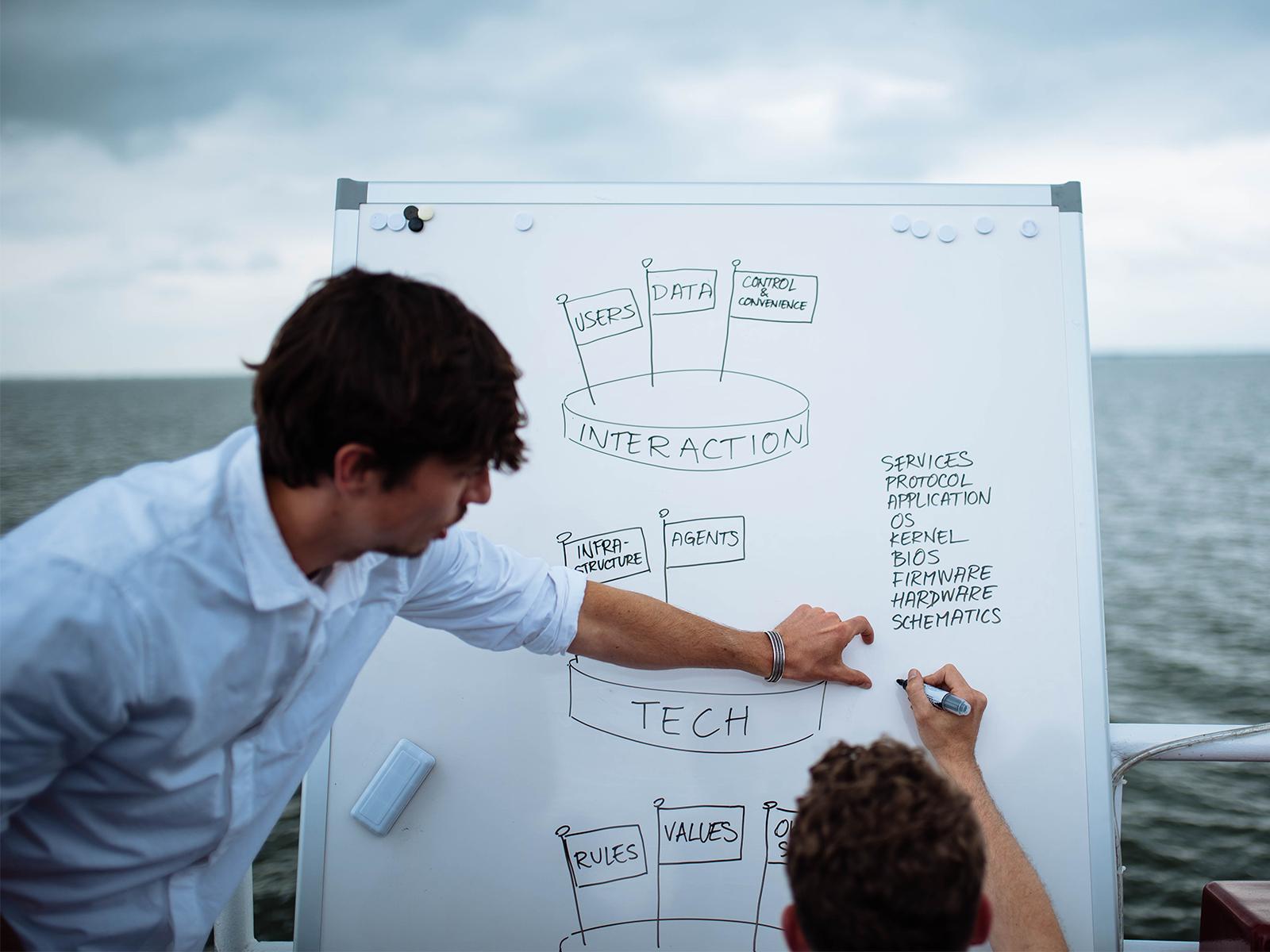How do we fix a broken internet?
The internet is broken, but we can fix it. With a lot of the technologies we use, we notice that something is thoroughly wrong. Many alternatives are now available. We call the collection of these open, fair and safe alternatives the Public Stack.
Almost all internet applications revolve around data mining and behavior manipulation. We are bombarded on social media and search engines with clickbait, micro-targeting, advertisements and disinformation: the business models of many tech companies are based on spying on users and the reselling of their personal data. In today's hunt for data, the vulnerabilities of people, cities and countries are not protected, but exploited. In addition, the vast majority of online applications are owned by only a few large tech companies. That must change.
When we talk about 'the internet', we are talking about a web of machines with all kinds of interconnections, based on specific business models and relationships between user and service. The various layers of technical components that are required together to deliver a digital service are called a stack.
You use WhatsApp (application) to send a message via your 4G connection (network) from your smartphone (hardware). Here you see different layers of the internet, which cannot work without each other. It is useful to view the internet in this way, because it allows us to parse the layers to investigate where it is wrong and which layers can be replaced with alternatives. Think of it as a spekkoek: if one of the layers has failed, the whole cake will taste bad.
If you take a critical look at the use of technology, you can look for alternatives at all of these layers. Waag investigates this stack based on the idea that an alternative internet is possible, and that there is something to choose from. We should strive for a Public Stack: a stack based on the idea that all these layers should be developed from public values. That is why Waag is actively committed to identifying the available alternatives, making the gaps in the ‘cake’ visible and developing and supporting alternatives. In this way we contribute to an alternative internet; an internet that is trusted, developed from public values.
The search for a Public Stack is organized within the research project Online European Public Spaces (OEPS), which is funded by the Adessium Foundation together with the European Cultural Foundation.
This activity was (co-)financed by the Ministry of Economic Affairs and Climate and its PPS allowance, within CLICKNL. CLICKNL is the top consortium for knowledge and innovation (TKI) of the creative industry.
